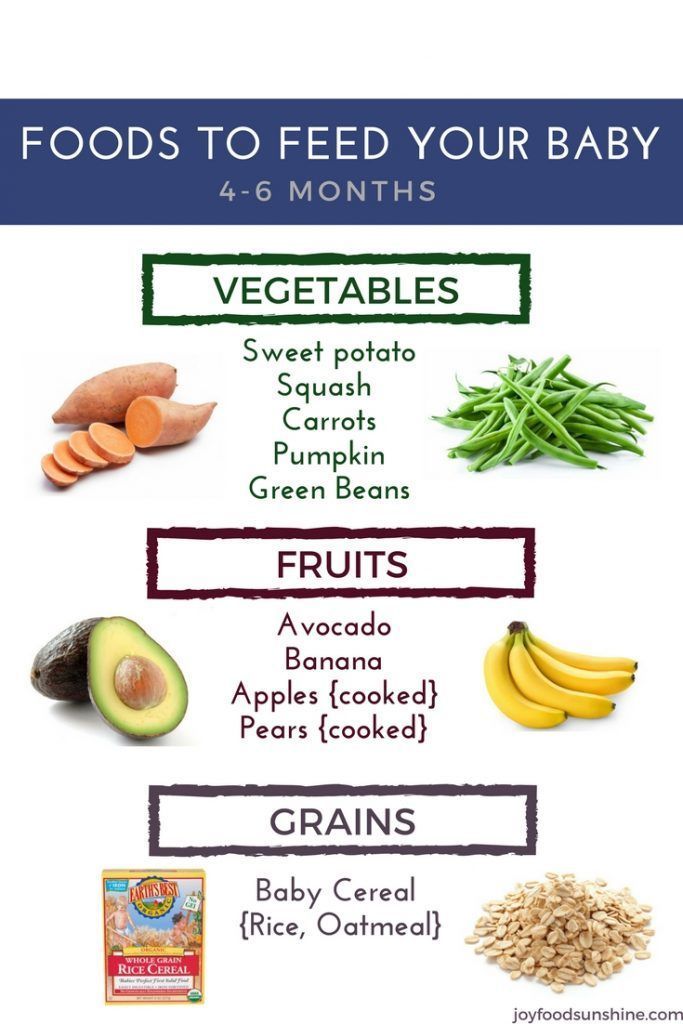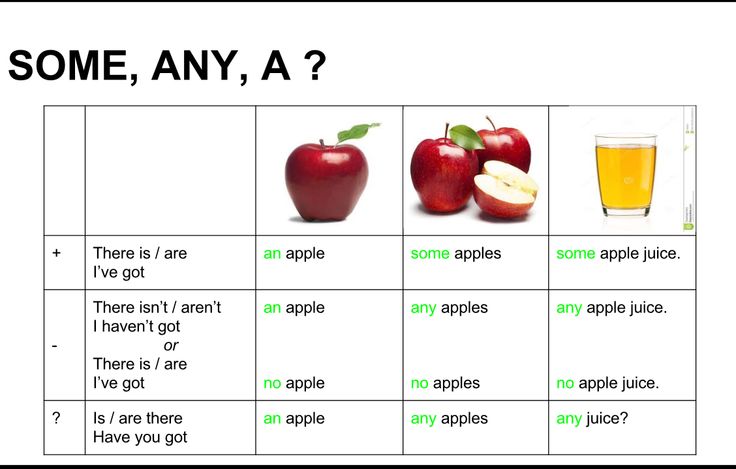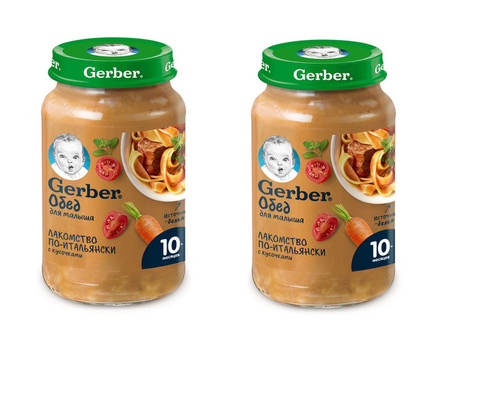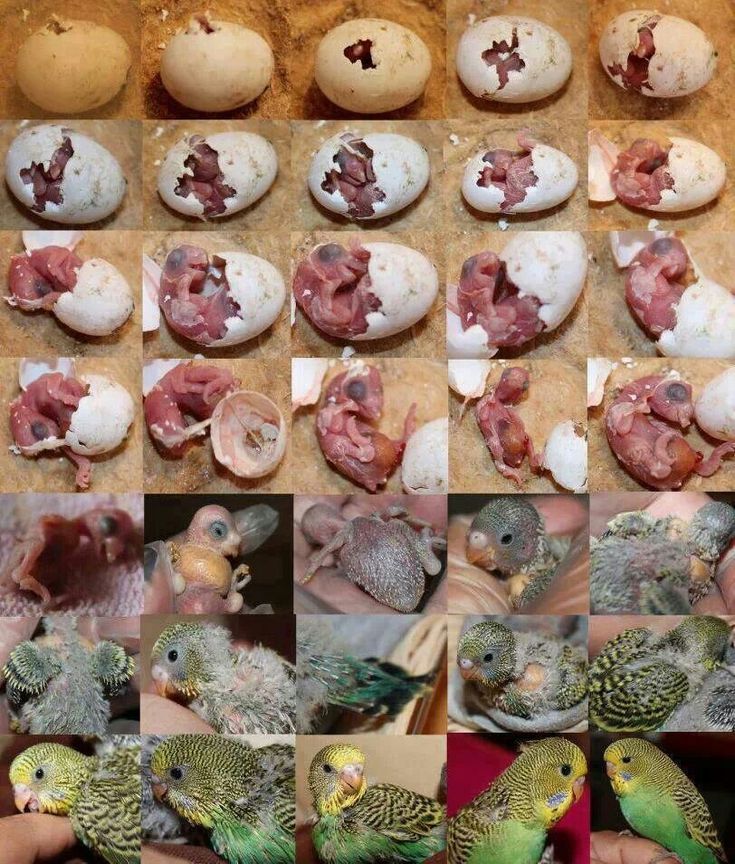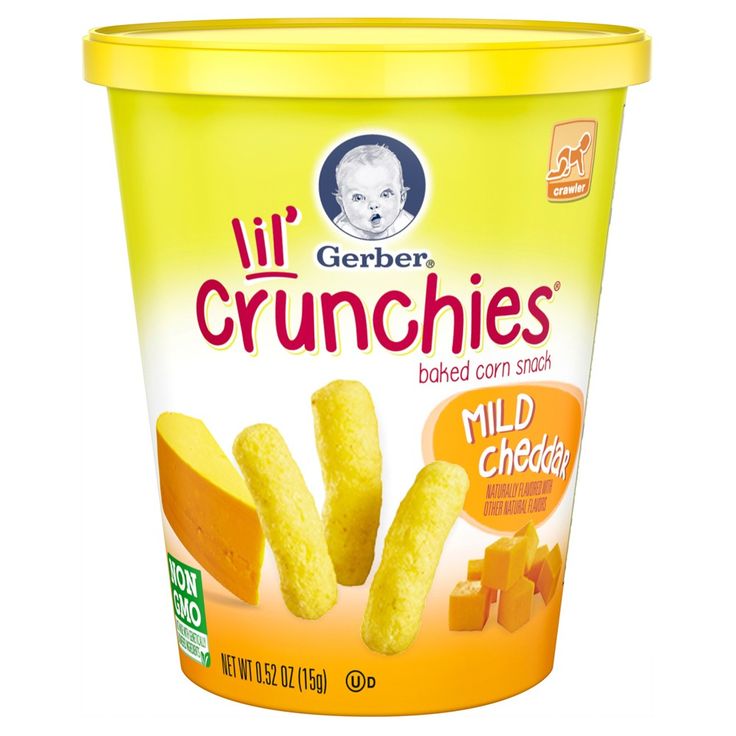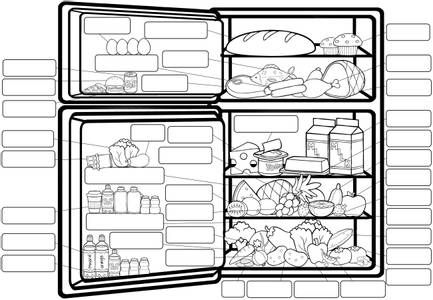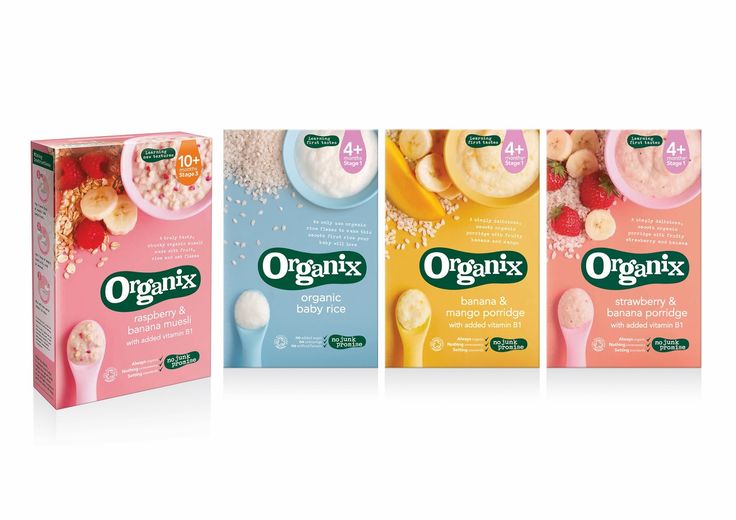Baby food cancer alert
Leading baby food manufacturers knowingly sold products with high levels of toxic metals, a congressional investigation found
CNN —
Four leading baby food manufacturers knowingly sold baby food that contained high levels of toxic heavy metals, according to internal company documents included in a congressional investigation released Thursday.
“Dangerous levels of toxic metals like arsenic, lead, cadmium and mercury exist in baby foods at levels that exceed what experts and governing bodies say are permissible,” said Democratic Rep. Raja Krishnamoorthi of Illinois, chair of the House Subcommittee on Economic and Consumer Policy, which conducted the investigation, signed by the Democratic members.
Krishnamoorthi said the spreadsheets provided by manufacturers are “shocking” because they show evidence that some baby foods contain hundreds of parts per billion of dangerous metals. “Yet we know that in a lot of cases, we should not have anything more than single digit parts per billion of any of these metals in any of our foods,” he told CNN.
Arsenic, lead, cadmium and mercury are in the World Health Organization’s top 10 chemicals of concern for infants and children.
As natural elements, they are in the soil in which crops are grown and thus can’t be avoided.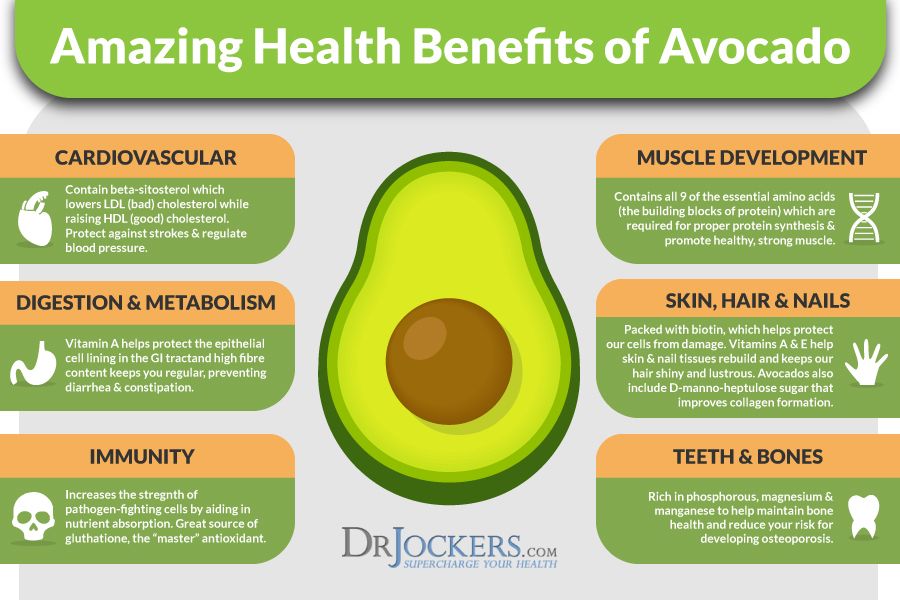 Some crop fields and regions, however, contain more toxic levels than others, partly due to the overuse of metal-containing pesticides and ongoing industrial pollution.
Some crop fields and regions, however, contain more toxic levels than others, partly due to the overuse of metal-containing pesticides and ongoing industrial pollution.
“There was a time where we used metals as the predominant pesticide for many years, assuming it was safe,” said Dr. Leonardo Trasande, chief of environmental pediatrics at NYU Langone.
All of these heavy metals have been linked to cancer, chronic disease and neurotoxic effects, but it’s the devastating damage that can be done to a developing baby’s brain that makes baby food toxicity so critical.
The US Food and Drug Administration has not yet set minimum levels for heavy metals in most infant food.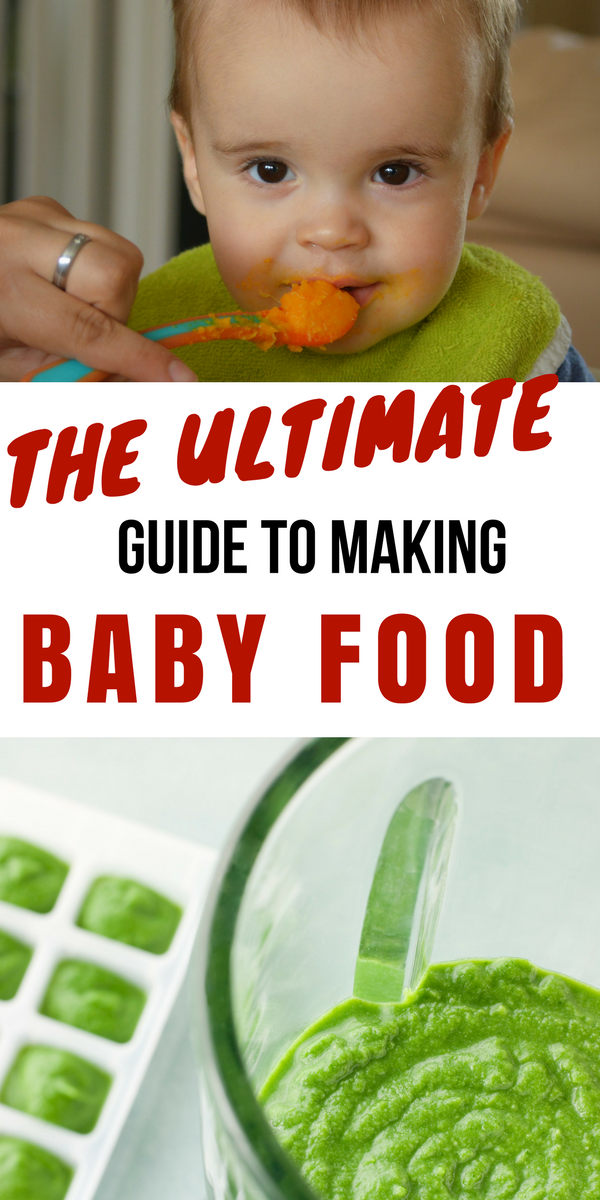 The agency did set a standard of 100 parts per billion inorganic arsenic for infant rice cereal, but even that level is considered much too high for baby’s safety, critics say, especially since the FDA has already set a much lower standard of 10 parts per billion of inorganic arsenic for bottled water.
The agency did set a standard of 100 parts per billion inorganic arsenic for infant rice cereal, but even that level is considered much too high for baby’s safety, critics say, especially since the FDA has already set a much lower standard of 10 parts per billion of inorganic arsenic for bottled water.
From the time of conception through the age of 2, babies have an extremely high sensitivity to neurotoxic chemicals, said Jane Houlihan, the national director of science and health for Healthy Babies Bright Futures, a coalition of advocates committed to reducing babies’ exposures to neurotoxic chemicals.
“Their brain is forming rapidly, and so when they’re exposed to metals that can interrupt those natural processes, the impacts range from behavioral problems to aggression to IQ loss and all kinds of cognitive and behavioral deficits that can persist throughout life,” Houlihan said.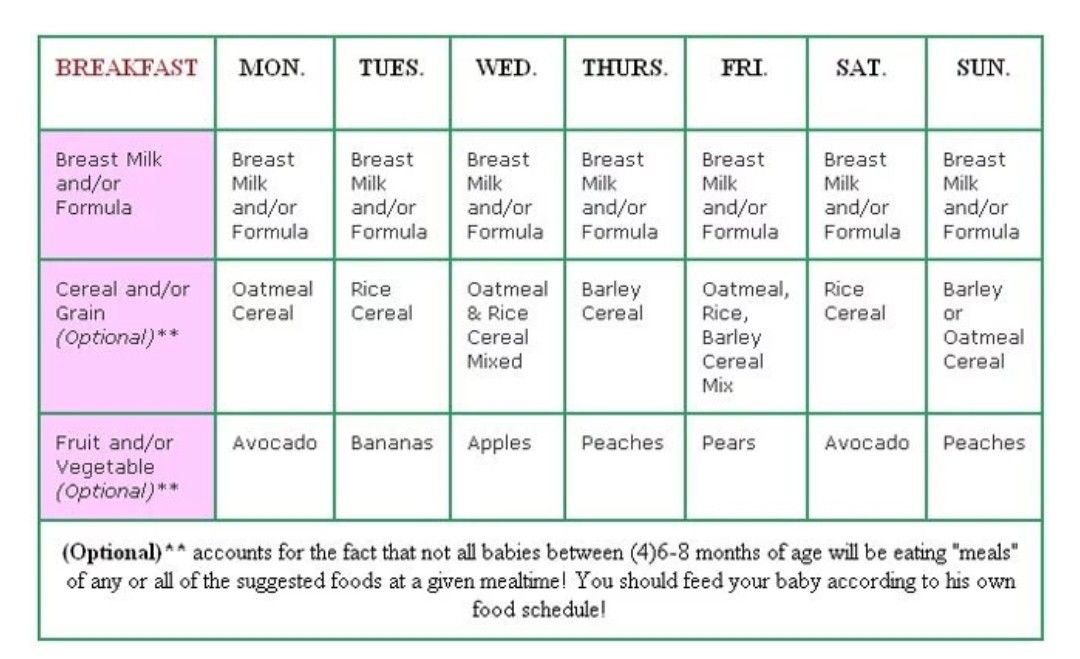
“Pound for pound, babies get the highest dose of these heavy metals compared to other parts of the population,” she said. “So the consequences are serious.”
Healthy Babies Bright Futures published a report in 2019 that found toxic metals in 95% of the baby foods randomly pulled off supermarket shelves and tested – that exposé was the “inspiration” for the subcommittee’s work, Krishnamoorthi told CNN.
READ MORE: New US dietary guidelines include recs for babies and toddlers for first time
Internal testing done by Gerber; Beech-Nut Nutrition Company; Nurture, Inc., which sells Happy Baby products; and Hain Celestial Group, Inc., which sells Earth’s Best Organic baby food, showed levels of heavy metals far above limits set for bottled water by the FDA and the US Environmental Protection Agency, the congressional investigators found.
Baby food ingredients in certain products contained up to 91 times the inorganic arsenic level, up to 177 times the lead level, up to 69 times the cadmium level, and up to five times the mercury level allowed in bottled water, the report said, yet the companies still approved those products for sale.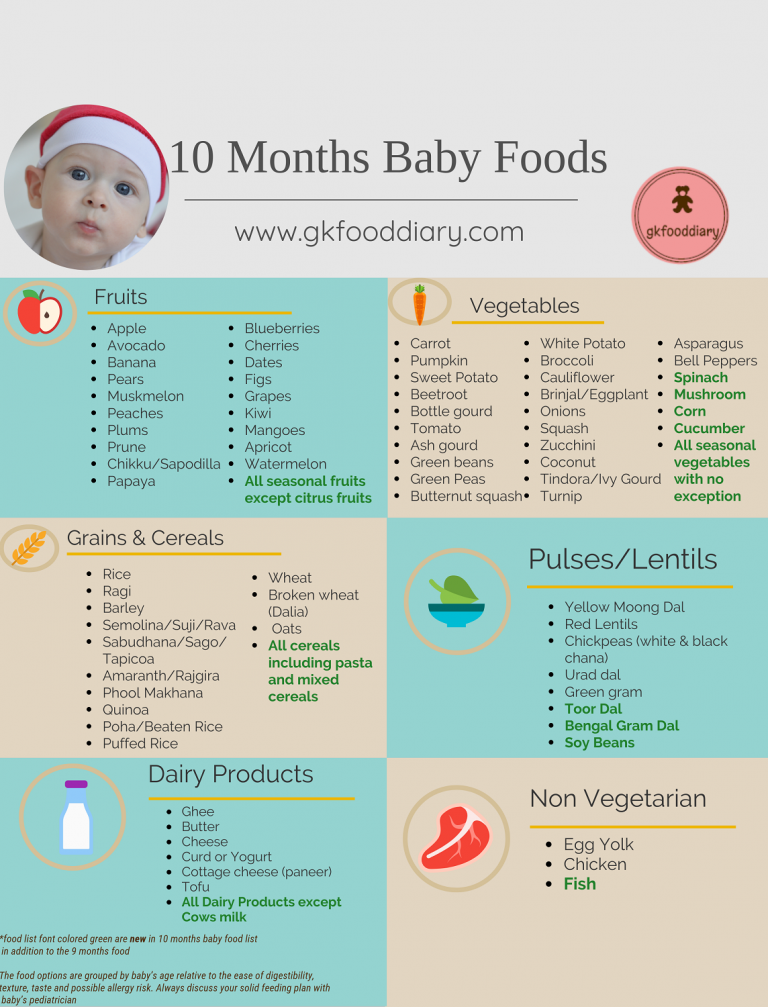
Whether the baby food was organic or not did not matter, the subcommittee found – levels of toxic metals were still high.
CNN reached out to the four companies for reaction prior to the publication of the report, which none of them had yet seen.
Gerber told CNN in an email statement, in part, “All our foods meet our safety and quality standards, which are among the strictest in not just the U.S., but the world. Gerber foods are backed up by rigorous oversight at all levels of the growing and production process.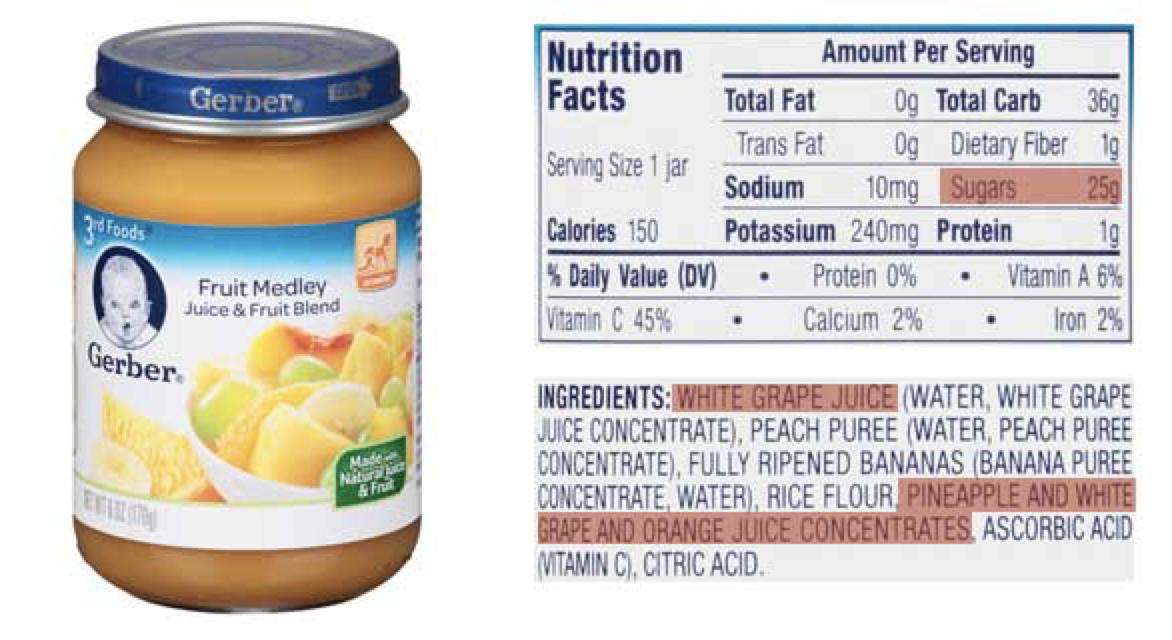 Where government standards don’t currently exist, we develop our own rigorous standards by applying the latest food safety guidance.
Where government standards don’t currently exist, we develop our own rigorous standards by applying the latest food safety guidance.
“As stated in our 2019 response to the Congressional Inquiry, the elements in question occur naturally in the soil and water in which crops are grown. To minimize their presence, we take multiple steps including: prioritizing growing locations based on climate and soil composition; approving fields before crops are planted based on soil testing; rotating crops according to best available science; and testing of produce, water and other ingredients.”
Beech-Nut Nutrition said it “established heavy metal testing standards 35 years ago, and we continuously review and strengthen them wherever possible.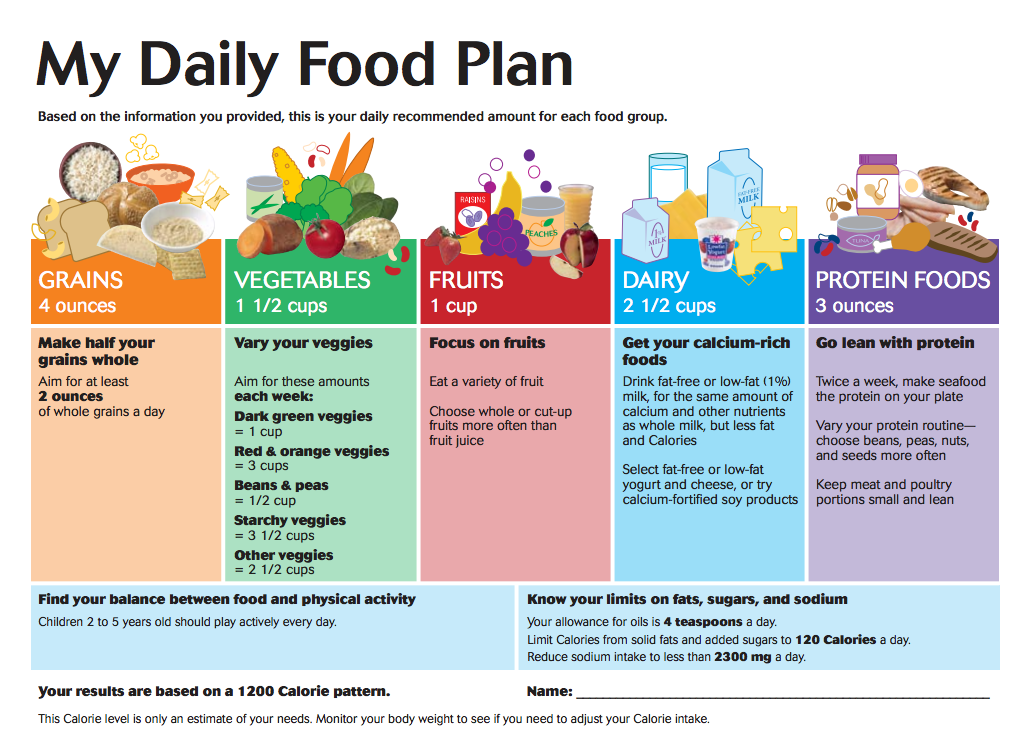 ” In addition, the company said it tested “every delivery of fruits, vegetables, rice and other ingredients for up to 255 contaminants to confirm that every shipment meets our strict quality standards. If the ingredients don’t meet our standards, we reject them.”
” In addition, the company said it tested “every delivery of fruits, vegetables, rice and other ingredients for up to 255 contaminants to confirm that every shipment meets our strict quality standards. If the ingredients don’t meet our standards, we reject them.”
Happy Baby, which is part of Happy Family Organics, responded that the company “does not sell any products that have not been rigorously tested, and do not have products in-market with contaminant ranges outside of the limits set by the FDA.
“Many of the results we provided as part of this 2019 report were collected based on a small portion of our portfolio and are not representative generally of our entire range of products at-shelf today.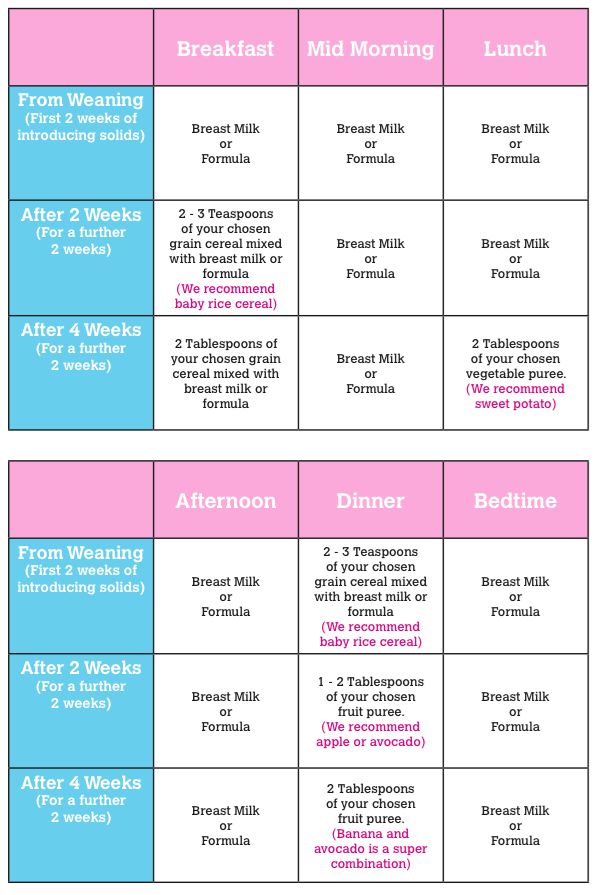 Also, the data points include two outliers of high lead results, not replicable in our testing, but which we included for completeness and transparency.”
Also, the data points include two outliers of high lead results, not replicable in our testing, but which we included for completeness and transparency.”
Hain reached out after the report published and provided the following statement: “We are disappointed that the Subcommittee report examined outdated data and does not reflect our current practices. Earth’s Best has consistently supported efforts to reduce naturally occurring heavy metals from our food supply and stands ready to assist the Subcomittee’s efforts toward that goal.”
READ MORE: How to avoid toxic metals in your baby’s food (and yours)
Three additional baby food companies, according to the congressional investigators, did not fully cooperate with the subcommittee’s investigation: Sprout Organic Foods; Walmart, which sells Parent’s Choice baby food; and Campbell Soup Company, which sells the Plum Organics brand of baby products.
“The Subcommittee is greatly concerned that their lack of cooperation might be obscuring the presence of even higher levels of toxic heavy metals in their baby food products than their competitors’ products,” the report stated.
CNN reached out via email and phone multiple times to Sprout Organic Foods and Walmart, which sells Parent’s Choice, but did not receive comments before this story published.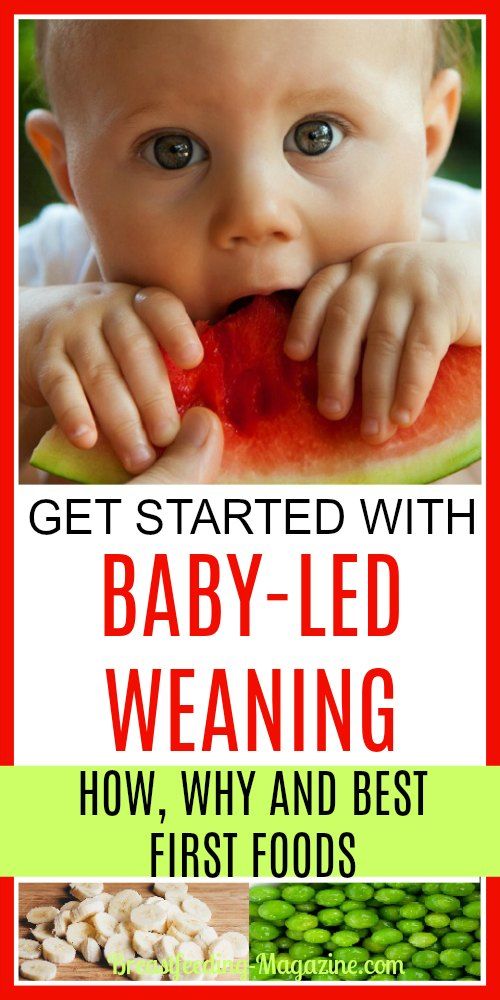
A Campbell spokesperson did reply: “For more than 150 years, Campbell has placed the safety of consumers, especially our youngest consumers, above all else. That is why we fully cooperated with the House Oversight Subcommittee’s baby food review. We responded quickly to their questions and never refused anything requested of us.”
The subcommittee didn’t agree with Campbell’s assessment.
“Instead of producing any substantive information, Campbell provided a spreadsheet self-declaring that every one of its products ‘meets criteria,’” the subcommittee wrote. “Campbell’s evasion is concerning, as even limited independent testing has revealed the presence of toxic heavy metals in its baby food.”
“Campbell’s evasion is concerning, as even limited independent testing has revealed the presence of toxic heavy metals in its baby food.”
Update: Walmart provided CNN the following statement via email: “We provided information to the subcommittee nearly a year ago and invited more dialogue on this important issue but never received any additional inquiries.
“Healthy Babies Bright Futures also published ‘What’s in my baby’s food,’ in October of 2019 that tested seven Walmart private label products and according to their reported results, the metals tested were within FDA guidance levels. We will review the report now that it is available. ”
”
In response to Walmart’s statement, Better Babies Bright Futures’ health and science director, Jane Houlihan, told CNN that “the vast majority of baby foods have no FDA guidance levels.
“So it’s disingenuous for companies to say they meet guidance safety standards when there are none,” Houlihan said.
READ MORE: Pregnant women should get Covid vaccine, US doctors say, despite conflicting international advice
The subcommittee report also stated that Hain Celestial Group, Inc., maker of Earth’s Best Organic, had presented “a secret slide presentation” on August 1, 2019, to FDA regulators that revealed “increased risks of toxic heavy metals in baby foods.”
The slides showed the FDA that Hain routinely tested only the ingredients that go into their baby foods for heavy metals, and failed to test the finished product that would be sold, the report said.
Yet in “100% of the Hain baby foods tested, inorganic arsenic levels were higher in the finished baby food than the company estimated they would be based on individual ingredient testing. Inorganic arsenic was between 28% and 93% higher in the finished products,” the subcommittee wrote.
Inorganic arsenic was between 28% and 93% higher in the finished products,” the subcommittee wrote.
“This presentation made clear that ingredient testing is inadequate, and that only final product testing can measure the true danger posed by baby foods.”
Hain sent CNN this response: “The meeting was not ‘secret’ – we provided the document to the Subcommittee to be helpful. The purpose of the meeting was to determine a path forward to expand our testing program to include more raw ingredients and reduce the overall level of metals in our finished product.
“Following the meeting, we took several steps to reduce the levels of heavy metals in our finished products – including no longer using brown rice in our products that are primarily rice based, changing other ingredients and conducting additional testing of finished product before shipping.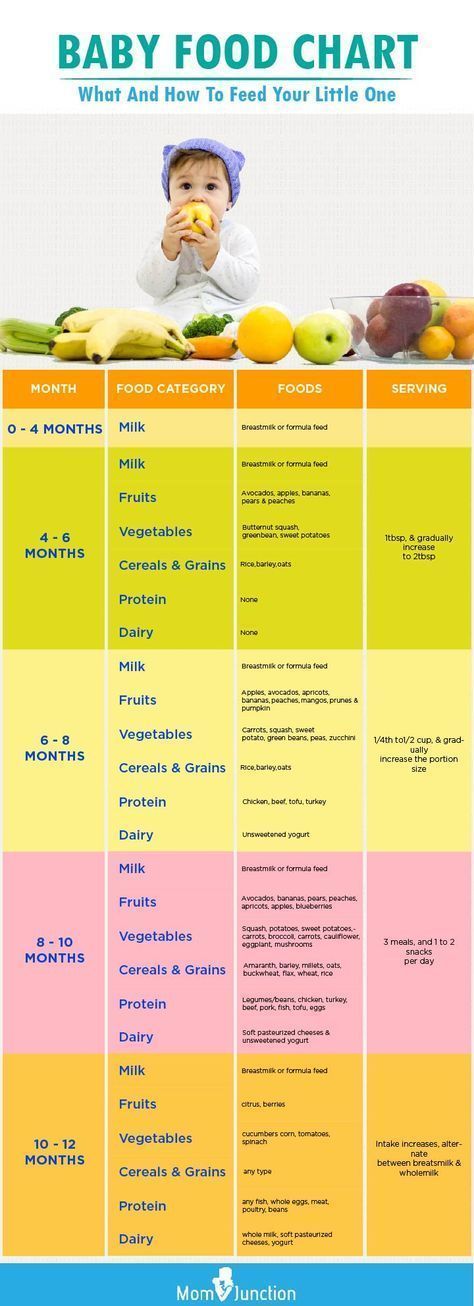 ”
”
READ MORE: Antibiotic use in babies linked to allergies, asthma and other conditions, study finds
The FDA under the Trump administration took no new action in response to the presentation, the investigation found: “To this day, baby foods containing toxic heavy metals bear no label or warning to parents. Manufacturers are free to test only ingredients, or, for the vast majority of baby foods, to conduct no testing at all.”
CNN reached out to the FDA with a set of detailed questions about these issues raised by the report and received the following statement.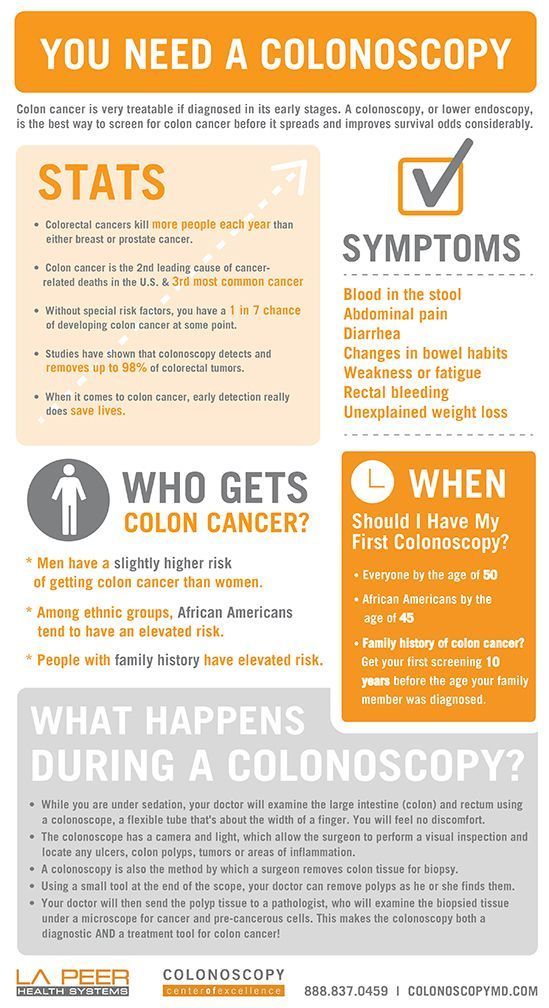
The FDA said, in part, “Sampling of infant rice cereal showed that since 2016 manufacturers have made significant progress in reducing arsenic in infant rice cereal products, demonstrating that this action level is achievable by industry.
“Going forward,” the FDA said, “good manufacturing processes, such as sourcing rice and other ingredients with lower inorganic arsenic levels, will continue to help manufacturers produce infant rice cereal with inorganic arsenic levels below the action level.”
An FDA official later told CNN the agency is currently reviewing the subcommittee report’s findings.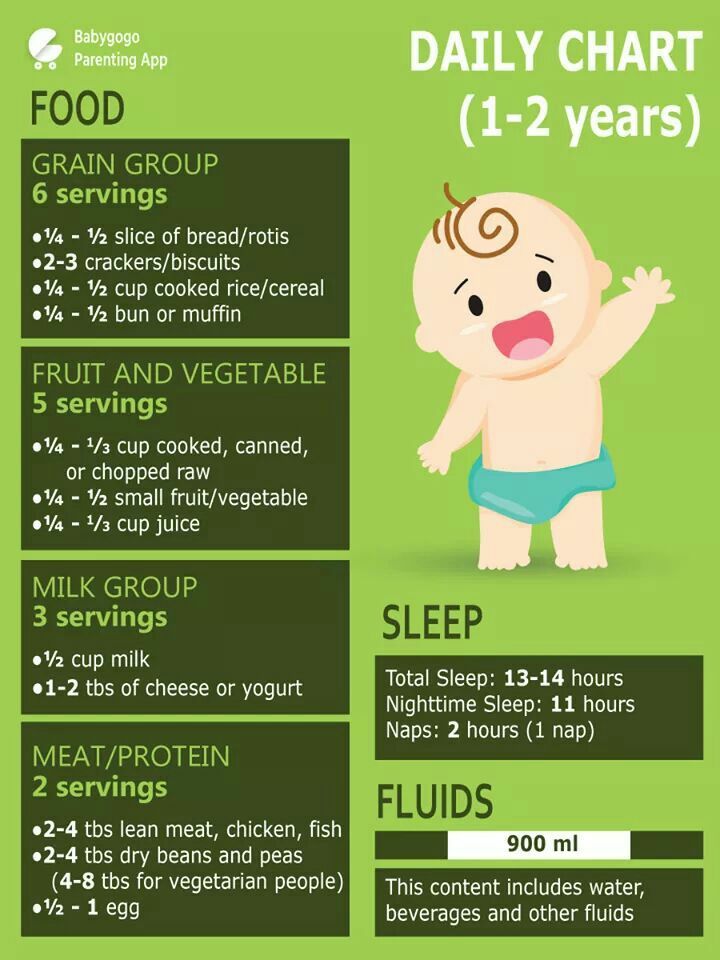
READ MORE: Worried about your toddler right now? Take a deep breath
Nurture (Happy Baby): Of the four companies who were part of the investigation, only Nurture tested the final product – the actual food babies would eat – after all ingredients had been added.
Internal documents from Nurture show that the company set a goal threshold of 100 parts per billion for inorganic arsenic in its final baby food product. Listed next to that goal was the actual level of arsenic found in the food.
Listed next to that goal was the actual level of arsenic found in the food.
Despite the fact that arsenic levels in the products routinely tested over the stated goal – 120 parts per billion, 130 parts per billion, 160 parts per billion, even as much as 180 parts per billion, the documents showed Nurture continued to mark the products as ready to sell.
Levels of lead, cadmium and mercury were often high as well, the subcommittee report said. Documents showed Nurture sold Happy Baby baby foods that tested as high as 500 parts per billion and 641 parts per billion for lead.
Nurture also sold “a finished baby food product that contained 10 ppb (parts per billion) mercury, and two others that contained 9.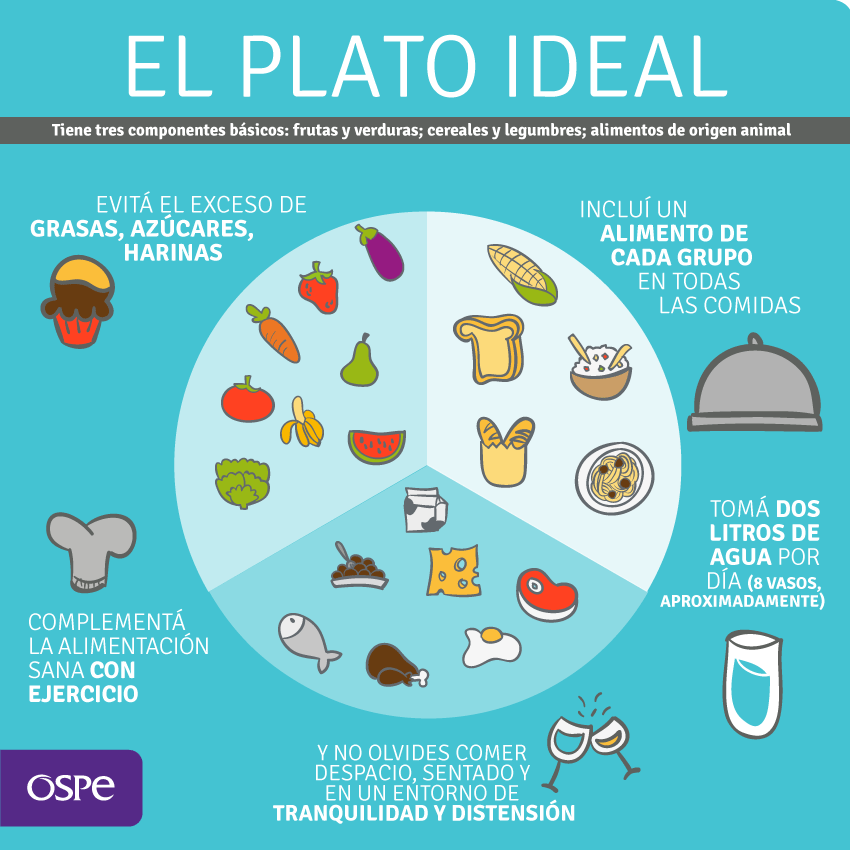 8 and 7.3 ppb (parts per billion). A level of 10 ppb (parts per billion) is five times more than the EPA’s 2 ppb (parts per billion) standard for drinking water,” the subcommittee wrote.
8 and 7.3 ppb (parts per billion). A level of 10 ppb (parts per billion) is five times more than the EPA’s 2 ppb (parts per billion) standard for drinking water,” the subcommittee wrote.
Hain (Earth’s Best Organic): Hain, along with Gerber and Beech-Nut, did not test its final products, the subcommittee found.
Instead, Hain tested various ingredients it added to the final product – such as cinnamon, blueberry puree and a mix of vitamins used to boost nutrient levels called a “vitamin pre-mix,” that tested at 223 parts per billion for inorganic arsenic.
No level of lead is safe for children, according to the American Academy of Pediatrics, yet Hain used ingredients containing as much as 352 parts per billion lead, internal documents showed.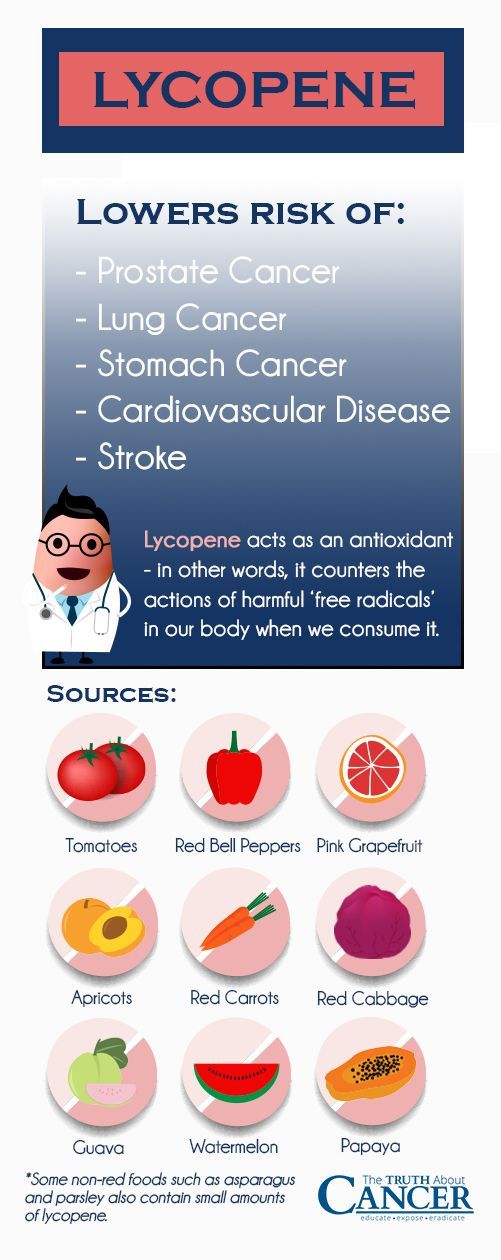
When it came to cadmium, Hain used some 102 ingredients that tested over 20 parts per billion cadmium – a few tested much higher, up to 260 parts per billion cadmium. There are no documents that illustrate the levels of mercury in Hain’s Earth’s Best Organic baby foods, as the company does not test for it.
Beech-Nut baby foods: Beech-Nut made baby food with ingredients that tested as “high as 913.4 ppb (parts per billion) arsenic,” the investigation found, including an additive for “crumb softness” that contained up to 710.90 parts per billion arsenic.
Beech-Nut also used “many ingredients with high lead content, including 483 that contained over 5 ppb (parts per billion) lead,” the subcommittee wrote.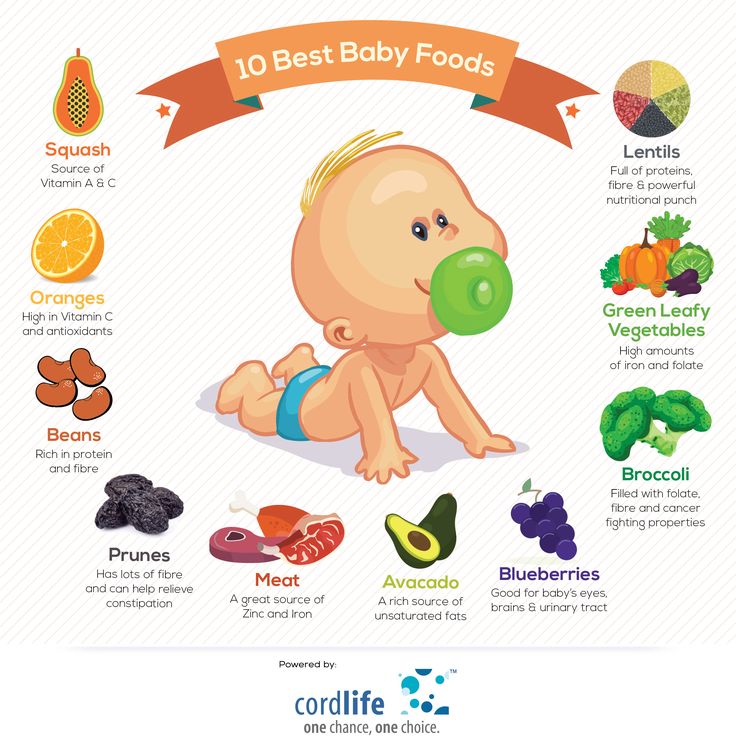
Cadmium levels should not exceed 5 parts per billion in drinking water, according to the FDA, yet Beech-Nut had some ingredients that reached levels of 344.55 parts per billion. Like Hain, Beech-Nut does not test for mercury.
Gerber baby foods: Gerber only tests ingredients, not the final product, the subcommittee said. Some of the ingredients used in making Gerber baby food, such as “conventional sweet potatoes,” tested as high as 48 parts per billion lead.
Internal documents also showed the baby food giant used high-arsenic ingredients, the subcommittee said, “including 67 batches of rice flour that had tested over 90 ppb (parts per billion) inorganic arsenic.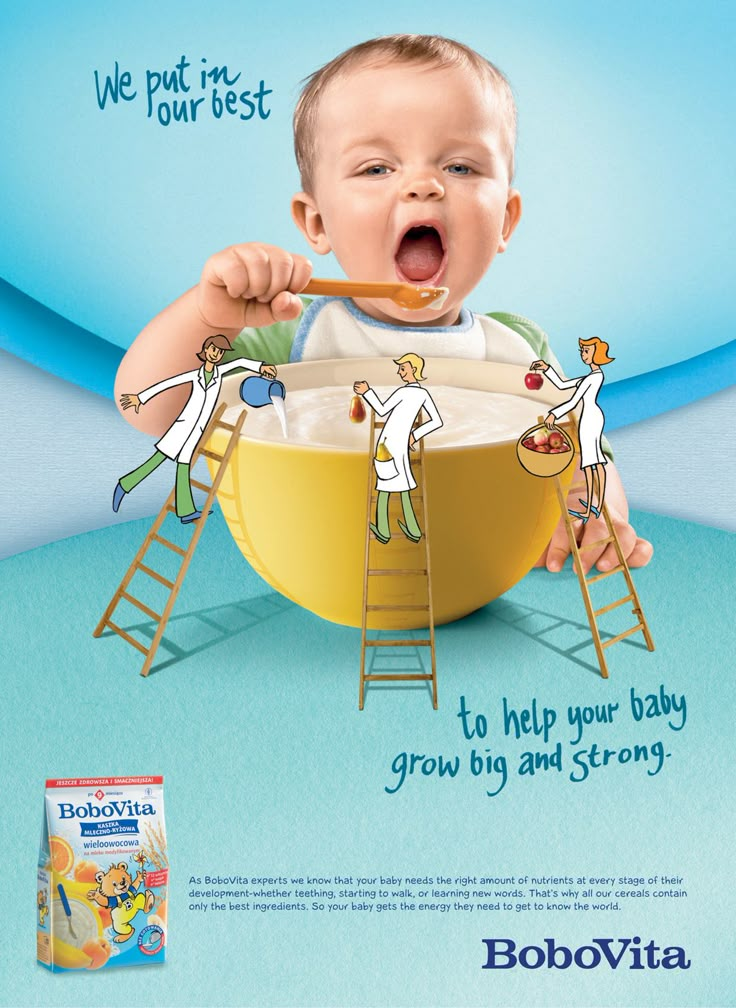 ”
”
The company rarely tests for mercury, the subcommittee said, but cadmium levels in 75% of Gerber carrots exceeded the recommended 5 parts per billion, with some reaching up to 87 parts per billion, the report said.
READ MORE: ‘Shades of Black’ and other toddler books celebrate black families
The subcommittee report was clear on what should be done. Instead of setting limits for one food at a time, the FDA should standardize maximum levels for each toxic metal that can damage a baby’s developing brain and apply them to all foods.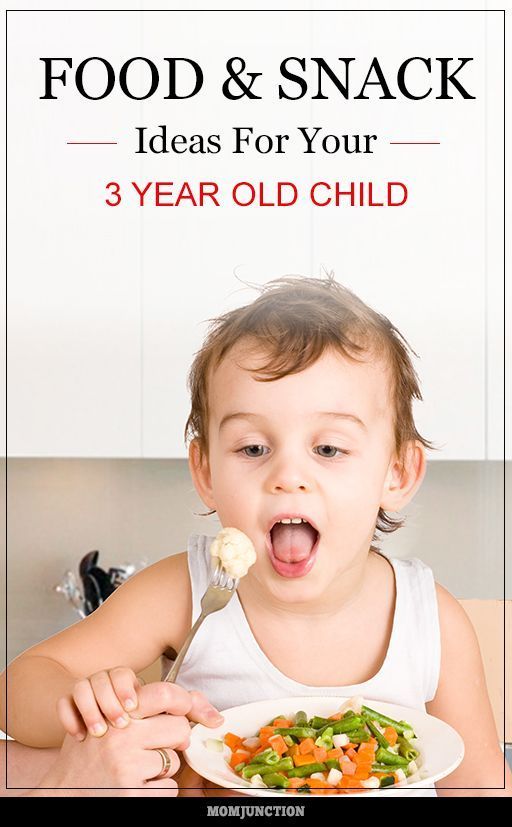
There should be mandatory testing of any baby food product before it hits the shelves, the subcommittee recommended. Manufacturers should no longer be allowed to simply test ingredients.
Substitutes should be found for any ingredients over recommended limits, and if that cannot happen, then the food or ingredient should not be used in baby food, the subcommittee said. Take rice, for example, which is a primary source of inorganic arsenic exposure for babies.
“Every maker of baby food … is on notice that we in Congress are not going to sit back and accept the status quo anymore,” Krishnamoorthi said.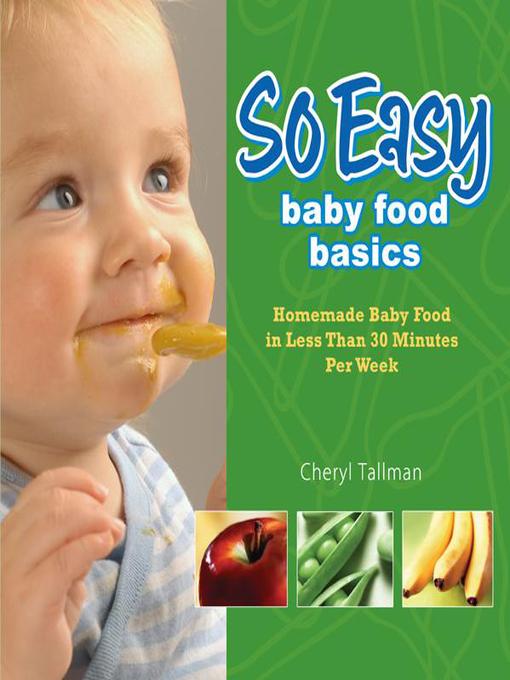
“I hope that companies would voluntarily start to undertake actions such as testing their food more properly and thoroughly and phase out certain ingredients that we know are problematic right now,” he said.
“But I’m also being realistic. We need legislation to compel compliance with standards that the FDA needs to develop.”
CNN’s Megan Marples contributed to this report.
Manufacturers allowed baby food contaminated with heavy metals to remain on shelves, lawmakers say
CNN —
Gerber and Beech-Nut failed to properly test and remove baby foods with dangerous levels of inorganic arsenic from the market, while Sprout Foods Inc., Walmart’s Parent’s Choice and Plum Organics (formerly owned by Campbell) were lax in testing and controlling for heavy metals such as lead, mercury and cadmium, according to a US Congressional report released Wednesday by the House Subcommittee on Economic and Consumer Policy.
“Today’s report reveals that companies not only under-report the high levels of toxic content in their baby food, but also knowingly keep toxic products on the market,” said Democratic Rep. Raja Krishnamoorthi of Illinois, chair of the House Subcommittee on Economic and Consumer Policy, which conducted the investigation.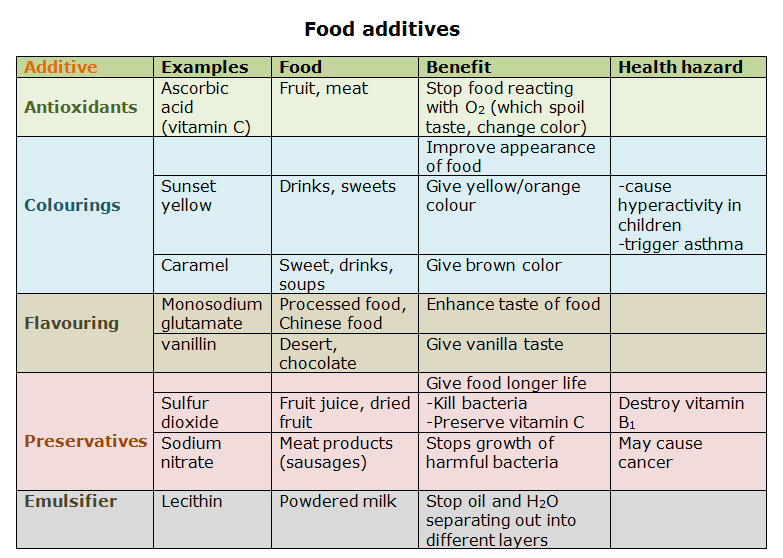
Several baby food manufacturers CNN contacted disagree with the subcommittee’s assessment, and all say they are committed to working closely with the US Food and Drug Administration to address the issue.
Arsenic and other heavy metals are natural elements found in soil, water and air. Rice, which is a common ingredient in baby cereal, is grown submersed in water and is especially good at absorbing inorganic arsenic, the most toxic form.
hm baby solid food_00000924.jpg
95% of tested baby foods in the US contain toxic metals, report says
Exposure to heavy metals in baby food became a growing concern for parents after Healthy Babies Bright Futures, a coalition of advocates committed to reducing babies’ exposures to neurotoxic chemicals, tested 168 baby foods from major manufacturers in the US.
The testing found 95% of sampled baby foods contained lead, 73% contained arsenic, 75% contained cadmium and 32% contained mercury. One fourth of the baby foods contained all four heavy metals. The results mimicked a previous study by the US Food and Drug Administration that found one or more of the same metals in 33 of 39 types of baby food tested.
“Even in trace amounts, these contaminants can alter the developing brain and erode a child’s IQ,” said Jane Houlihan, research director for Healthy Babies Bright Futures.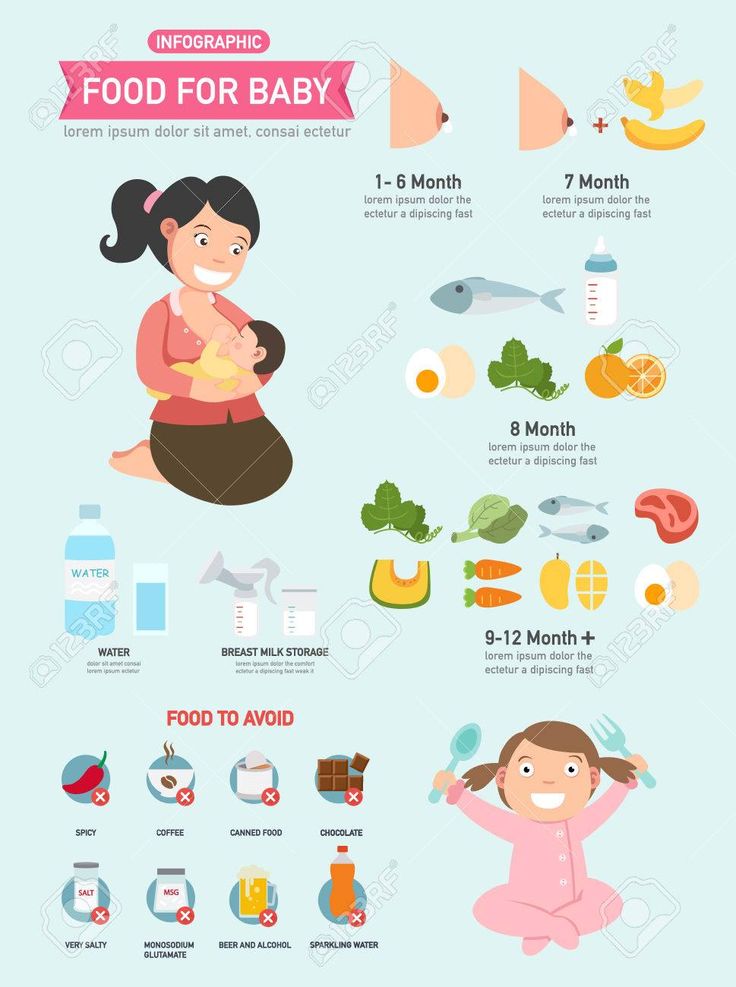
“The impacts add up with each meal or snack a baby eats — especially when the levels are as high as Healthy Babies Bright Futures’ research and the subcommittee’s new report show.”
In an earlier investigation released in February, the subcommittee looked at internal testing documents from four major baby food manufacturers: Gerber; Beech-Nut Nutrition; Nurture, Inc., which sells Happy Baby products; and Hain Celestial Group, Inc., which sells Earth’s Best Organic baby food.
The documents showed some products contained levels of lead, mercury, cadmium and inorganic arsenic were far above limits set for bottled water by the FDA and the US Environmental Protection Agency. Ground water can easily absorb heavy metals from the soil, and old lead pipes leak, so drinking water is a key exposure to heavy metals.
Ground water can easily absorb heavy metals from the soil, and old lead pipes leak, so drinking water is a key exposure to heavy metals.
Baby taking a bite of food from a spoon with jar of baby food in foreground - stock photo
Chris Tobin/Digital Vision/Getty ImagesLeading baby food manufacturers knowingly sold products with high levels of toxic metals, a congressional investigation found
Inorganic arsenic, lead, cadmium and mercury are in the World Health Organization’s top 10 chemicals of concern for infants and children.
Of the four companies, the subcommittee found only Nurture tested the final product – the actual food babies would eat – after all ingredients had been added.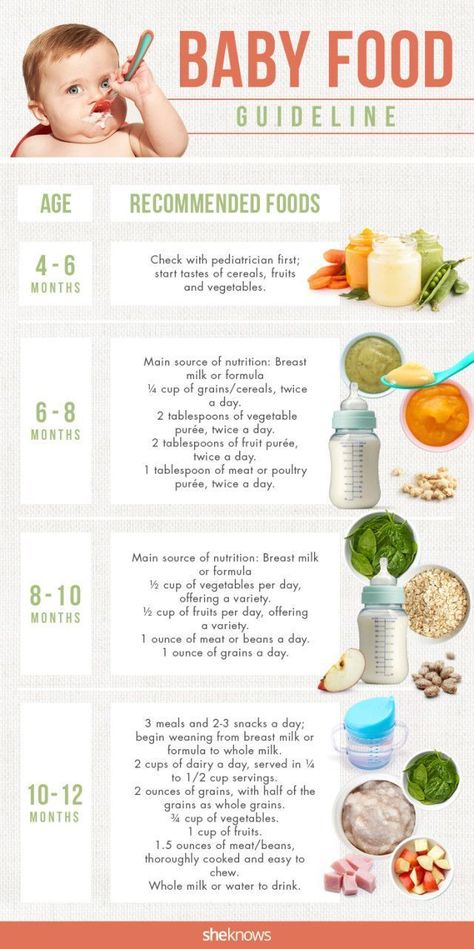 The rest of the companies tested some, but not all ingredients, the investigation found.
The rest of the companies tested some, but not all ingredients, the investigation found.
That’s a significant concern, the report said, because each ingredient may have levels of toxins that fall under the cutoff for safety – but when added together, they may exceed government standards.
There is no safe level of lead for children, according to the EPA and US Centers for Disease Control and Prevention. While there are no specific limits set for infant foods, the EPA and FDA set an upper limit of 2 parts per billion of inorganic mercury in drinking water, and 5 parts per billion for cadmium.
In 2016 the FDA introduced a standard of 100 parts per billion for inorganic arsenic in infant rice cereal, finalizing that guidance in August 2020. But that level is too high to protect babies’ brains, critics said, especially considering the agency had already set the limit for bottled water at 10 parts per billion (ppb).
“FDA set the limit at 100 ppb because it was focused on the level of inorganic arsenic that would cause cancer. It disregarded the risk of neurological damage, which happens at a much lower level,” the report stated.
A maximum level of inorganic arsenic in baby food should be set at 10 parts per billion, the report said, “with a 15 ppb limit for infant cereal, as proposed in the Baby Food Safety Act. ”
”
An FDA spokesperson told CNN that the agency continues to make “steady progress towards developing action levels for lead in foods and evaluating the science to establish reference levels for arsenic and cadmium.”
“We look forward to providing additional updates on our efforts as new data, information, progress updates and additional material are made available.”
In May, the state of Alaska conducted a FDA-funded analysis of Beech-Nut’s and Gerber’s infant rice cereals and found “multiple samples” contained more inorganic arsenic than the “FDA’s 100 parts per billion (ppb) limit,” the report stated.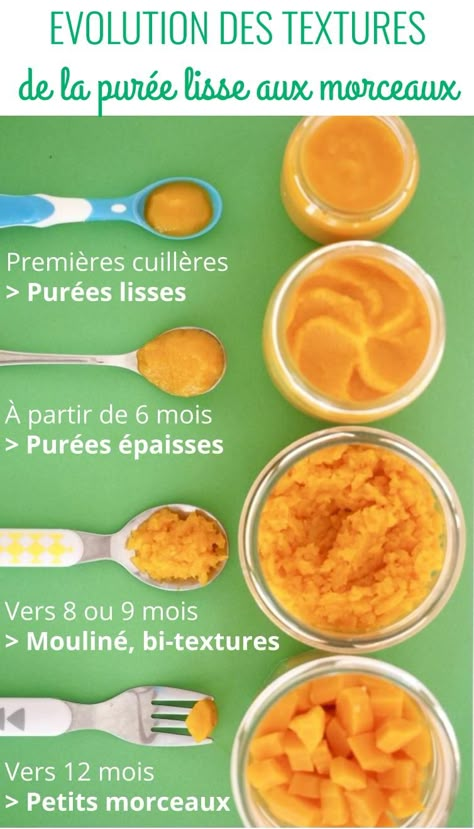
Mother feeds baby boy with a spoon porridge.
Shutterstock/ElRoiBeech-Nut to stop selling baby rice cereal after finding high arsenic levels
In early June, Beech-Nut Nutrition issued a voluntary recall of two infant rice cereals with product codes 103470XXXX and 093470XXXX. The company also announced that it was exiting the infant rice cereal market.
“Beech-Nut is concerned about the ability to consistently obtain rice flour well-below the FDA guidance level and Beech-Nut specifications for naturally occurring inorganic arsenic,” the FDA said in the recall announcement.
However, the subcommittee criticized Beech-Nut in the new report, saying the manufacturer had not gone far enough to protect the public.
“Beech-Nut only recalled two of its six products that tested over the limit,” the House subcommittee stated.
Beech-Nut Nutrition told CNN that “the assertion that Beech-Nut’s rice cereal recall was too narrow is incorrect” because it proactively withdrew all of its rice cereal products from supermarket shelves.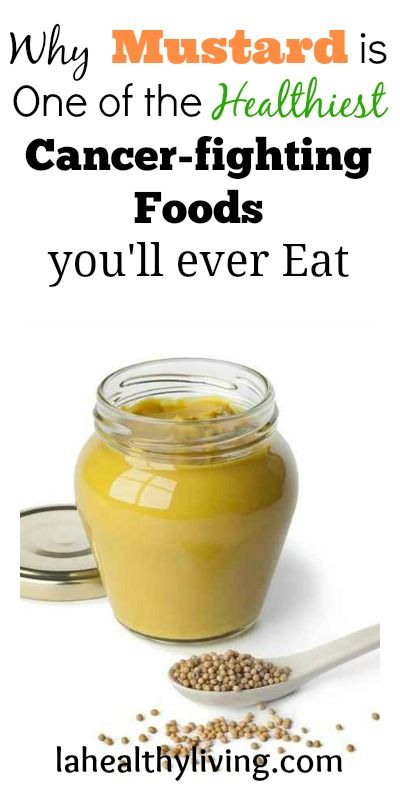
“Beech-Nut has taken a leadership role and is the first and only national brand to commit to being a fully rice-free brand across its full product portfolio,” the company said.
The subcommittee report was also critical of Gerber.
“Gerber was even worse (than Beech-Nut) —it had two products test over the 100 ppb limit and took no action to tell the public or get them off the shelves,” the subcommittee stated.
A Gerber spokesperson told CNN that the FDA had retested the samples, and was unable to confirm the result by Alaska, adding that the FDA “confirmed to Gerber that no action was needed.”
“While the Subcommittee report notes proposed limits on specific heavy metals, those are based on proposed standards from the Baby Food Safety Act, which are not current law or regulation. All Gerber foods have and continue to meet all applicable guidelines and limits set by the FDA, the governing body for safety regulations in the food industry,” the spokesperson said.
In their original report released in February, the House subcommittee said three companies had failed to fully cooperate with the investigation.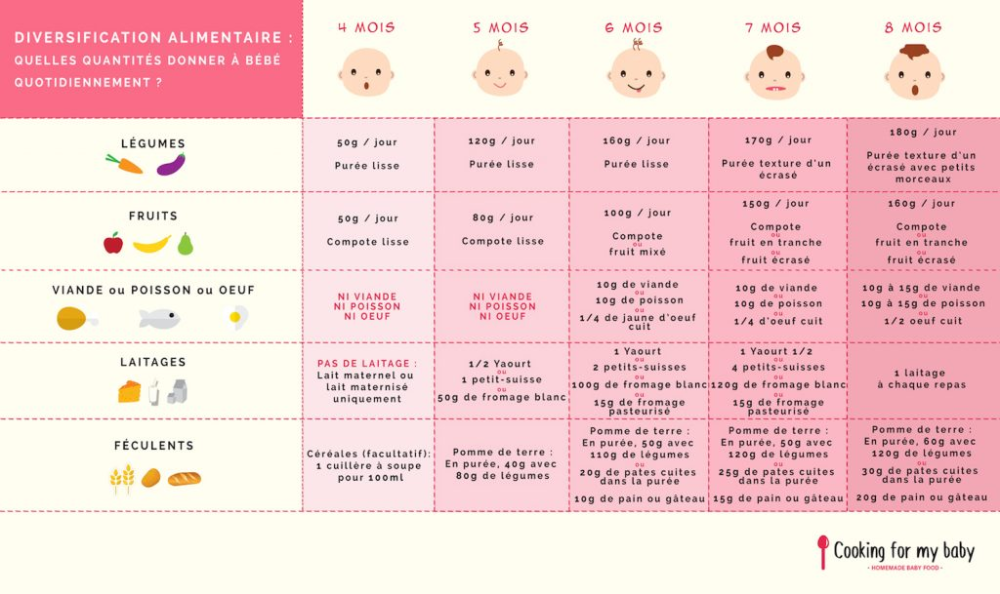 Those baby food manufacturer’s are:
Those baby food manufacturer’s are:
- Sprout Organic Foods, now owned by Canadian cannabis company Neptune Wellness Solutions
- Campbell Soup Company, which in March sold Plum Organics to Sun-Maid Growers of California
- Walmart, which manufactures Parent’s Choice baby food.
Chemicals in plastics damage babies' brains and must be banned immediately, expert group says
Since February, those companies have cooperated to “varying degrees,” the new report said. Internal company documents provided by Sprout, Campbell and Walmart show similar failures to test or monitor their baby food products, investigators found.
Samples of Plum Organics baby foods tested between 2017 and 2019 contained levels of toxic heavy metals that greatly exceeded safety limits, the investigators reported.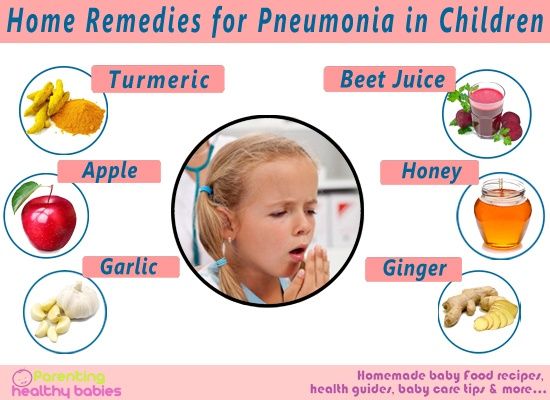
“Plum’s finished products contain up to 225 ppb inorganic arsenic. The majority of Plum’s baby foods also contain over 5 ppb lead, and nearly 40% exceed 5 ppb cadmium,” the subcommittee noted.
A Campbell spokesperson told CNN that despite selling the Plum Organics brand, they will continue to cooperate with the “subcommittee throughout this process” and will continue “support the FDA’s efforts in setting clear and specific science-based federal standards.”
Sun-Maid Growers of California told CNN in an email that it will “thoroughly examine the updated report from the Subcommittee on Economic and Consumer Policy and continue to work with the subcommittee – as well as the industry at large – to address these matters.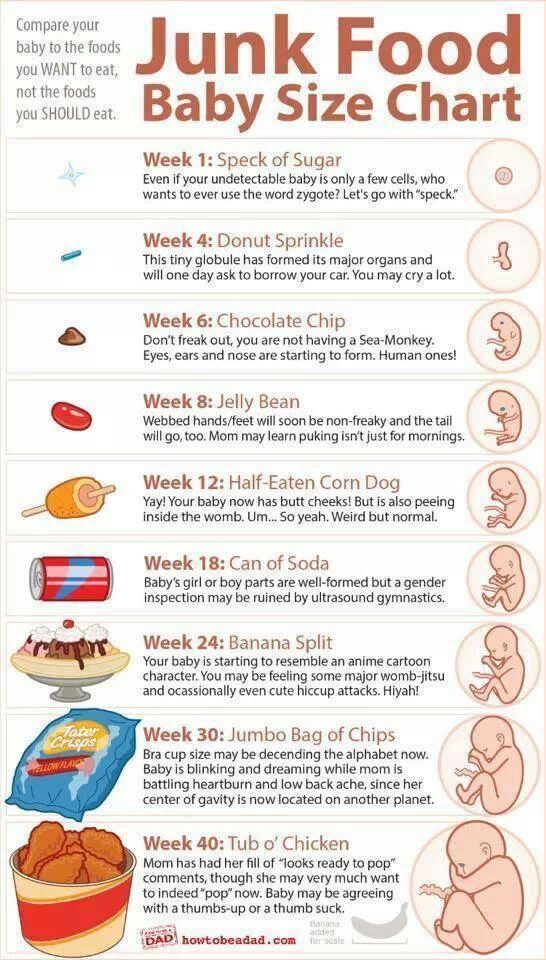 ”
”
In 2018, Walmart “abandoned” a standard in place since 2013 that set an internal inorganic arsenic limit of 23 parts per billion for the baby food it sells, the report said, “quadrupling it” to allow up to 100 parts per billion.
“Walmart offered no justification for its extreme course reversal on protecting babies’ neurological development,” the report stated.
Walmart’s senior director of national media relations, Randy Hargrove, told CNN that the company had “always required that our suppliers’ products meet the guidelines established by the FDA.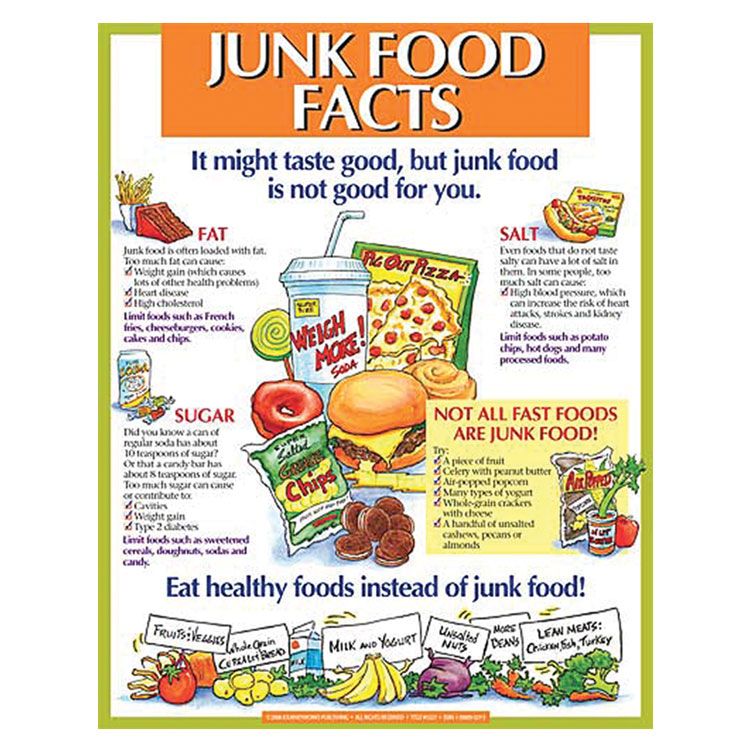 Our specifications have always been aligned with or below the FDA requirements for naturally occurring elements and the FDA noted in April that its testing shows that children ‘are not at an immediate health risk to exposure.’ “
Our specifications have always been aligned with or below the FDA requirements for naturally occurring elements and the FDA noted in April that its testing shows that children ‘are not at an immediate health risk to exposure.’ “
Chemicals in plastics damage babies' brains and must be banned immediately, expert group says
In the April release cited by Walmart, the FDA also noted that research has shown “reducing exposure to toxic elements is important to minimizing any potential long-term effects on the developing brains of infants and children.”
Finally, investigators found Sprout’s testing practices “to be the most reckless among baby food manufacturers,” the report stated, because it only requires yearly testing for toxic metals and fails to test their finished products.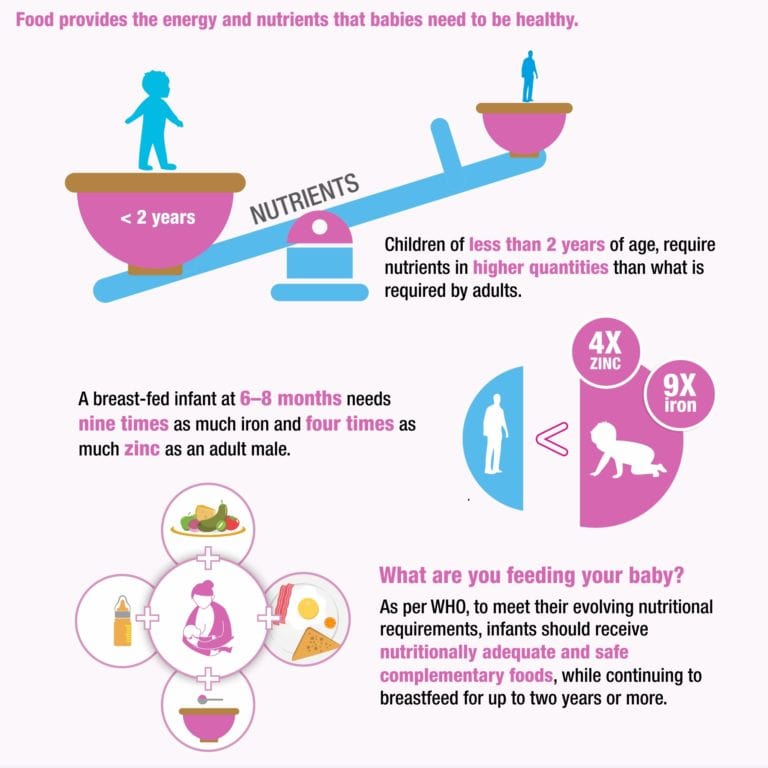
Sprout has not responded to a CNN request for comment on the new report. But on its website, Sprout says that it is ready to make any changes to our “sourcing or processing systems that may be advised by the FDA,USDA, or other relevant regulatory bodies. Sprout will always comply with regulatory guidance and continue to monitor developments closely.”
In both reports, the subcommittee recommended the baby food industry voluntarily test the final product to be sold and address the problem of toxic metals in baby food by phasing out ingredients that are high in toxic heavy metals.
hm baby solid food_00000924.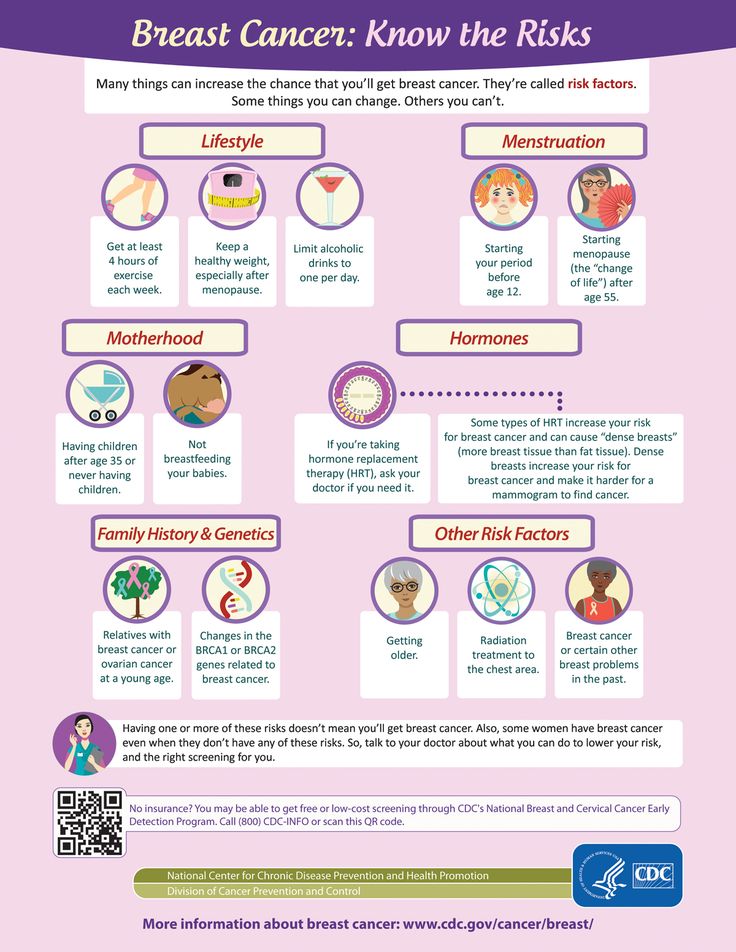 jpg
jpg
New legislation would reduce toxic heavy metals in baby food
“Based on my Subcommittee’s findings, I’m urgently calling on the baby food industry to immediately end harmful practices and conduct finished-product testing,” Krishnamoorthi said in the statement.
In addition, the subcommittee is urging the FDA to move faster in its efforts to establish specific regulations and mandate testing of final baby food products, not just ingredients.
In March, the FDA told baby food manufacturers they must consider toxic chemicals when they test their baby food for potential hazards, but the agency was criticized for not quickly setting concrete rules to remove toxic heavy metals from all baby foods.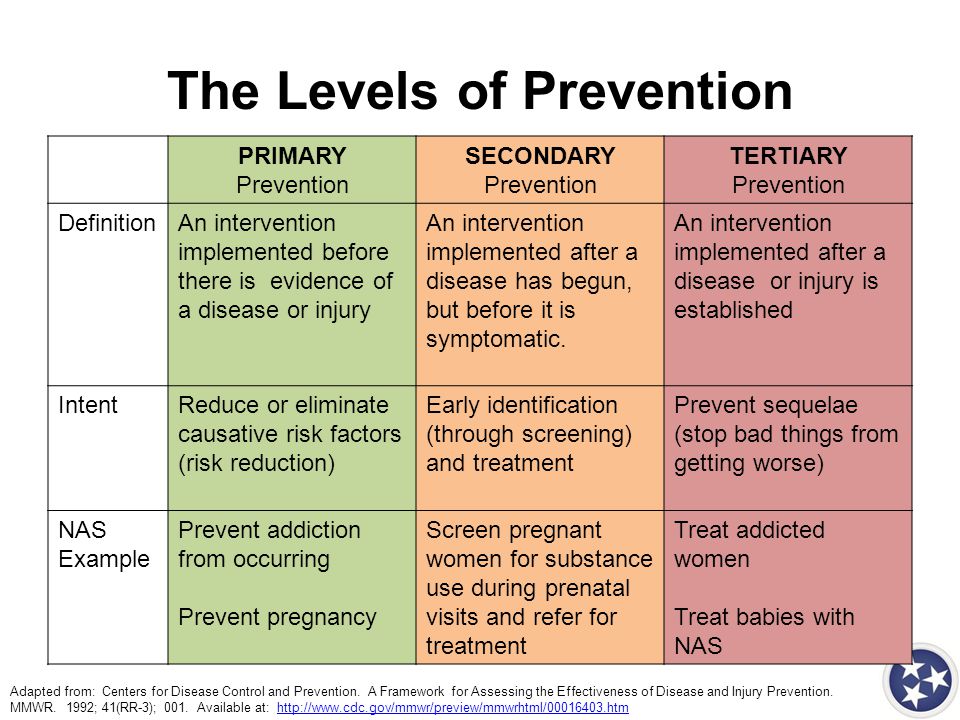
“We have been working closely with FDA on regulations, and this report highlights the need for the agency to accelerate its proposed timeline for publishing them,” Krishnamoorthi said.
However, there are potential downsides to moving too quickly on regulations, the FDA said.
“While we understand that people may want rapid changes, it is crucial that measures to limit toxic elements in foods do not have unintended consequences—like limiting access to foods that have significant nutritional benefits by making them unavailable or unaffordable for many families,” a spokesperson told CNN.
Parents can act as well, experts say, by pushing their representatives to support the proposed Baby Food Safety Act or by refusing to purchase baby foods from manufacturers who do not comply with the safety recommendations.
Parents can also try to avoid foods, such as rice, that typically absorb more heavy metals from the soil. The 2019 investigation by Healthy Babies Bright Futures found cereal and rice-based snacks like puffs had the highest arsenic levels.
When rice is served, Healthy Babies’ Houlihan suggests cooking the rice in two steps:
- Boil 1 cup of rice with 4 cups water for 5 minutes
- Pour into a colander and discard the water
- Cook drained rice with 2 cups fresh water over low to medium heat, covered, until cooked.
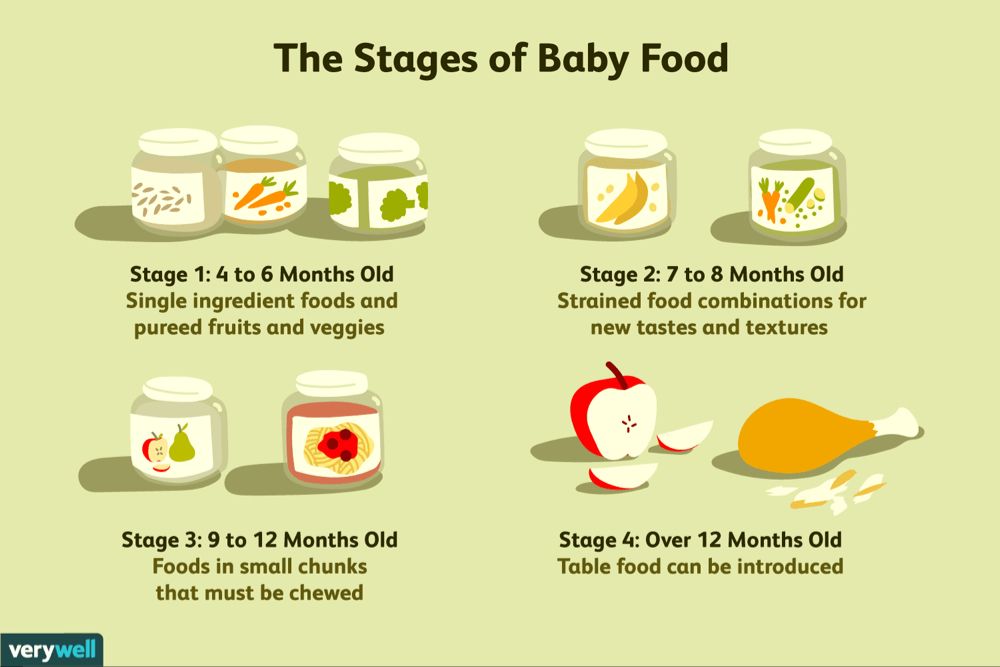
Using this method “can remove up to 70 percent of the arsenic while still preserving some of the nutrients,” Houlihan said.
Mother feeds baby boy with a spoon porridge.
Shutterstock/ElRoiNo added sugar for babies, US advisory panel recommends
The group’s investigation also found carrots and sweet potatoes to be among those most contaminated with lead and cadmium. But don’t eliminate carrots and sweet potatoes entirely, Healthy Babies’s Houlihan advised, because they are full of vitamin A and other key nutrients.
Instead, “serve a variety of fruits and vegetables, instead of serving the same thing every day. This avoids accidentally concentrating any particular contaminant in a child’s diet,” Houlihan advised.
This avoids accidentally concentrating any particular contaminant in a child’s diet,” Houlihan advised.
The Healthy Babies analysis found parents can reduce their baby’s risk of exposure to lead and cadmium by 73% by taking these steps.
When carrots, sweet potatoes and other root vegetables are served, be sure to peel them to remove heavy metals on the surface, she said, adding that “organic and homemade baby foods also contain heavy metals, so the steps above apply to those foods as well.”
Clarification: This story has been updated to reflect that while Campbell owned Plum Organics during the time period of the investigation, Plum Organics has since been sold.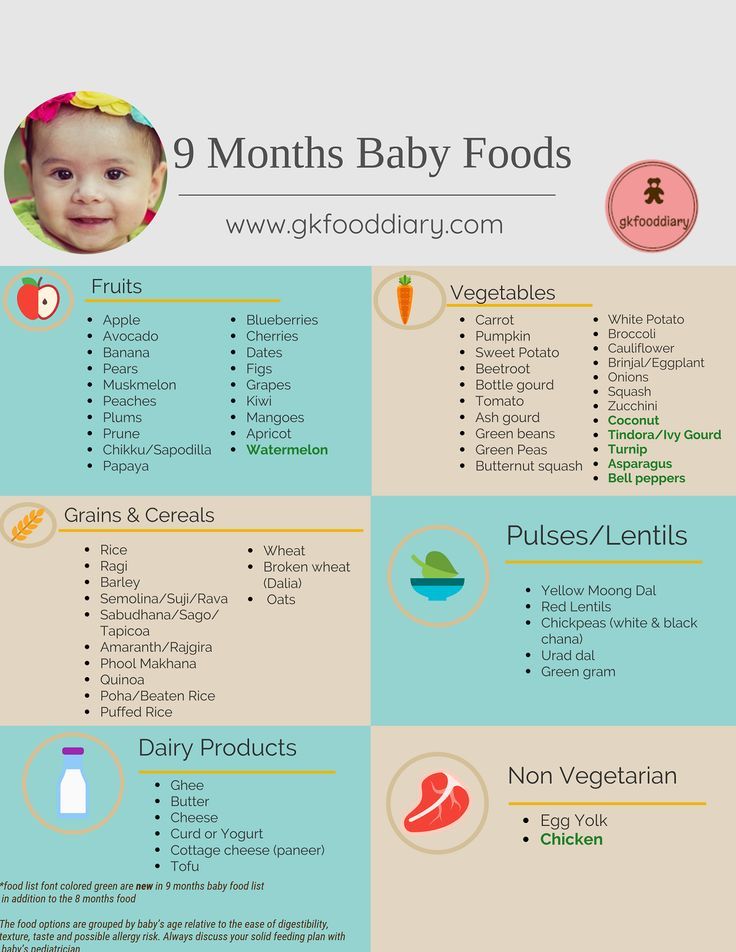
Nutrition and side effects in children with cancer
Children with cancer may have difficulty eating and getting enough calories and nutrients. Consequences of nutrition problems:
- Weight loss
- Stunting
- Feeling tired and irritable
- Frequent illnesses
- Weakness and lack of strength for physical activity
Cancer-related malnutrition can be caused by a variety of factors. Children with tumors in their mouth, stomach, or intestines are at high risk of malnutrition because they have difficulty eating and digesting food. Changes in daily routine or dietary restrictions while in the hospital or undergoing medical procedures can interfere with your normal eating habits. Children may also have decreased appetite due to pain, stress, anxiety, and lack of physical activity. The side effects of treatment prevent many children from eating normally.
A stay in the hospital or undergoing medical procedures may lead to changes in the daily routine and disruption of the usual diet.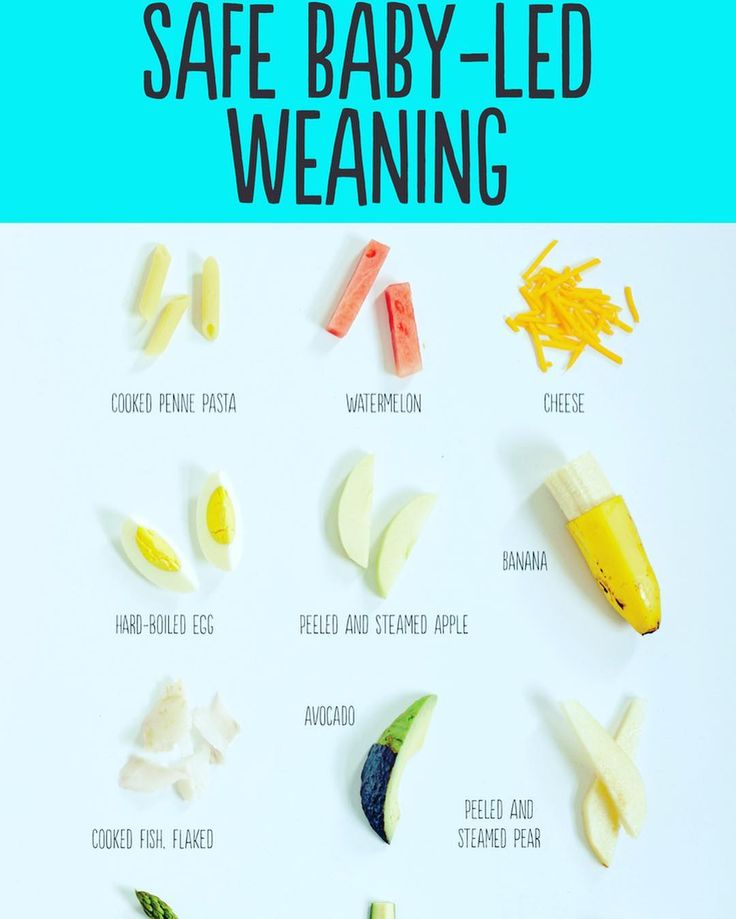 Side effects of treatment exacerbate nutritional problems. The following are tips that can help children with cancer and their families manage some of the side effects and nutritional problems.
Side effects of treatment exacerbate nutritional problems. The following are tips that can help children with cancer and their families manage some of the side effects and nutritional problems.
Dealing with nutritional problems associated with side effects
Chemotherapy, radiation therapy, surgery, or other treatments may cause nausea, vomiting, diarrhea, constipation, and decreased appetite. Painful sores can occur in the mouth and throat due to the treatment. In addition, the taste and smell of food may change, and even favorite foods may seem unappealing to the child. There are ways that families can help manage specific side effects and nutritional problems.
How parents can ensure that their child is well fed
Help children plan meals for when they feel best.
A child's eating habits may change unexpectedly during illness. Meals can be stressful for the whole family. There are a few tips to help families establish healthy eating habits.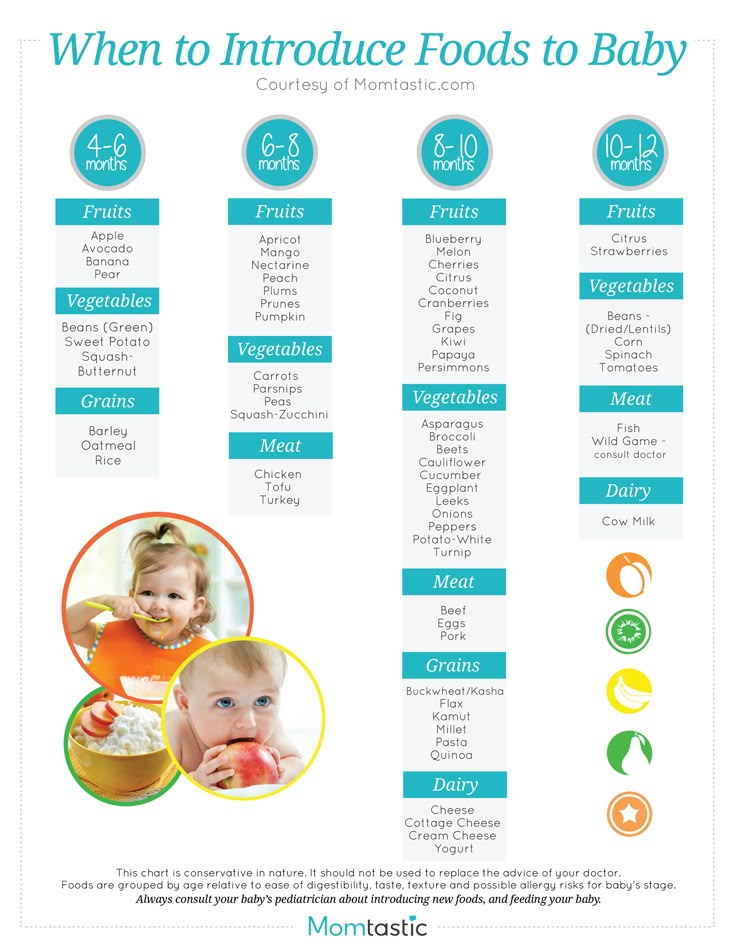
- Encourage children to eat when they feel good. Many patients find that appetite changes at different stages of the course of treatment. Parents can help children plan meals for times when they feel better.
- Try to give them what they love. This is especially important if the child is too weak to eat or drink a lot.
- Do not put pressure on the child. When it's time to eat, gently remind your child of this. If you force the child to eat, he may begin to resist. "Food Battles" can be a source of stress for the whole family.
- Be flexible. Offer options to choose from, satisfy whims and do not try at all costs to maintain a “normal” mode.
- Watch for regularity. Regularity is just as important as flexibility. For most families, eating is a unifying activity. Continue to get together at the table, even if the child at this time eats something else or does not eat at all.
To ensure proper nutrition when a child is ill, try to be flexible about meal times.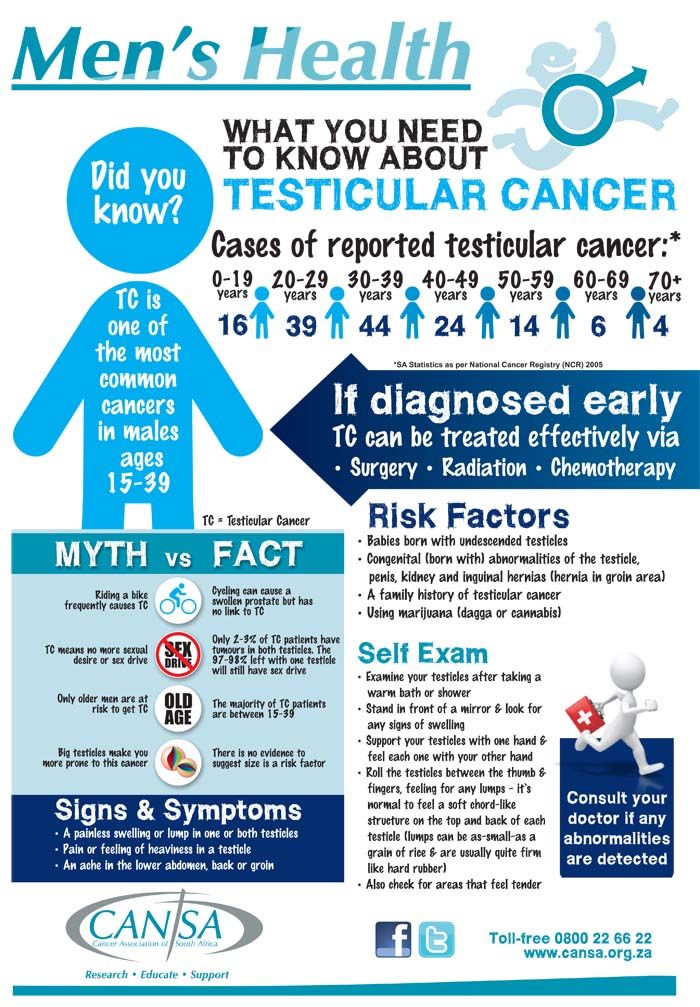 Offer options to choose from, satisfy whims and do not try at all costs to maintain a “normal” mode.
Offer options to choose from, satisfy whims and do not try at all costs to maintain a “normal” mode.
Nutritional supplements
Nutritional supplements or meal replacements may be used if the child's nutritional needs cannot be met with regular food. These are usually liquid meal replacements with a variety of flavors. Talk to your child's doctors if eating problems persist for more than two or three days. Be sure to check with them before using any supplements or meal replacements. Doctors may advise you to see a dietitian. In some cases, medical nutrition may be required.
Weight gain
Although weight loss and malnutrition are common problems for many families, sometimes weight gain can occur during cancer treatment. The cause may be a decrease in activity and the inability to exercise. It can also occur due to the increased consumption of high-calorie fatty foods.
Some medicines, such as steroids, can cause weight gain. Steroids increase appetite, stimulate the formation of adipose tissue instead of muscle, and cause fluid retention in the body.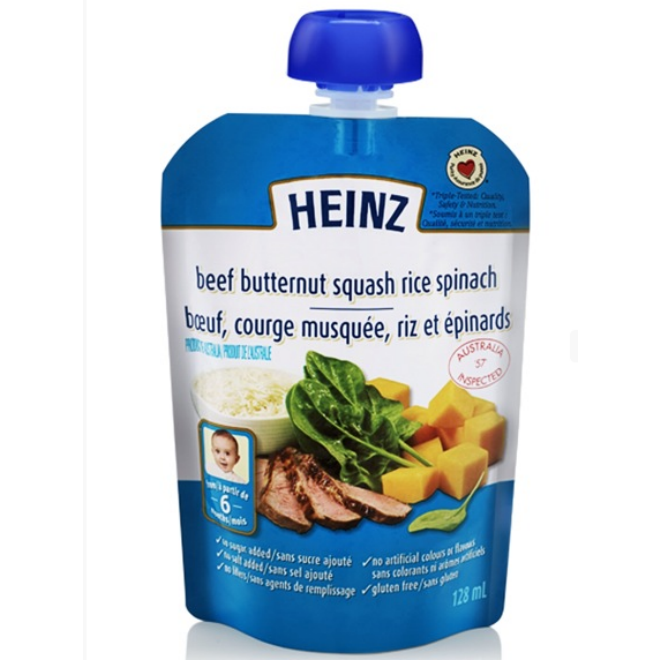
Discuss with your child's doctors the best plan for maintaining a healthy weight.
Here are some tips to keep your weight in check:
- Eat more fruits and vegetables.
- Reduce your intake of fatty and high-calorie foods. Choose:
- Low fat or fat free dairy products
- "Light" or low fat products
- Lean meat
- Boiled, baked, grilled, boiled, microwaved or pan-cooked food with a minimum amount of fat
- Limit sugary drinks such as colas, juices, punch, sweet tea, lemonade and other soft drinks. Replace them with dietary or sugar-free ones if recommended by doctors.
- Limit portion sizes.
- Increase your level of physical activity.
- Choose healthy food for the whole family.
- Eat slowly. Enjoy your food.
- Eat only when you are hungry.
Proper nutrition helps children with cancer grow normally and maintain a healthy body weight, carry on with their daily activities, and improve overall well-being.
Learn more about nutrition and healthy body weight for the whole family in We Can! Nutrition materials.
National Cancer Institute Diet Guidelines
-
Updated June 2018
Health food for children with cancer
Nutrition plays a special role in the lives of children with cancer. The main goal of nutritional correction is to help the child grow normally and be active according to age. A healthy diet helps prevent various problems: illness, weight loss or gain, increased fatigue. Nutritional interventions help control side effects and other challenges associated with cancer and cancer treatment.
Nutrition interventions can also help families develop healthy eating habits. Eating is an important form of spending time together. Getting together at the table during treatment can be more difficult, but dietary modification can help.
-
Enteral nutrition (tube feeding)
-
Parenteral nutrition
-
Nutrition and side effects
-
Food Safety
Physicians often refer children with cancer to a dietitian for nutritional assessment, advice and/or dietary management during treatment and recovery.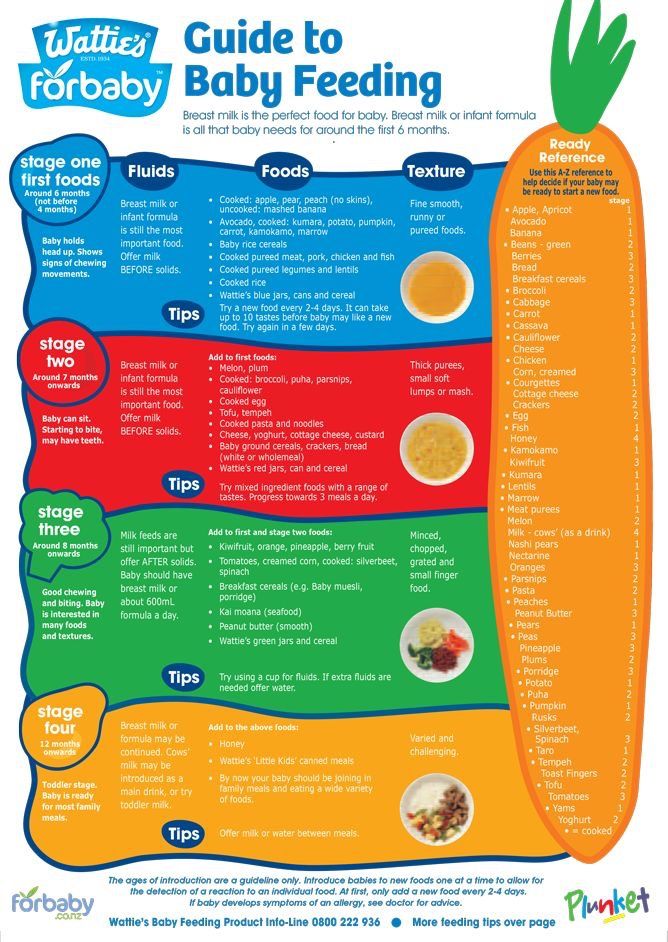
Nutritional Support
Nutritional Support helps children who are unable to eat or digest food normally get the nutrients they need to grow and stay active. While it is best to eat as usual, nutritional support may be given to patients who are unable to eat this way.
This includes enteral or tube feeding and parenteral nutrition, which delivers nutrients directly into the bloodstream.
Benefits of nutritional support
Cancer may prevent children from eating the food they need to stay healthy. Some treatments can cause taste distortion. The child may feel nauseous or lose their appetite. Some may experience discomfort or difficulty swallowing.
Nutritional support provides essential nutrients, prevents weight loss and maintains the body's strength.
Nutrition and Cancer
Physicians often refer patients to a dietitian for nutritional assessment, counseling, and/or dietary management during cancer treatment and recovery.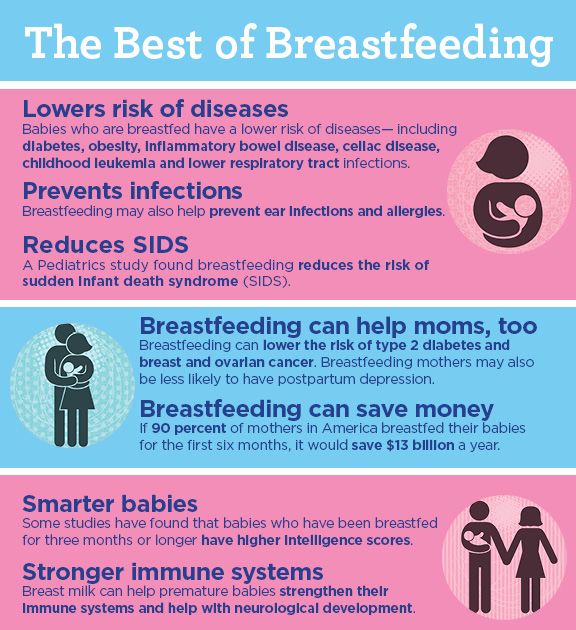 Diet therapy, or nutritional therapy, is provided in a variety of settings, including hospitals and clinics. Nutritional modification can help at any stage of treatment.
Diet therapy, or nutritional therapy, is provided in a variety of settings, including hospitals and clinics. Nutritional modification can help at any stage of treatment.
Nutritional interventions can help children with cancer and their families cope with:
- Poor appetite.
- Nausea and vomiting.
- Digestive problems.
- Change in the taste of food.
- Stomatitis and sore throat.
- Power mode.
- Problems with chewing and swallowing.
- Diet and nutritional supplements.
- Food safety for immunocompromised children.
- Increase or decrease in body weight.
- Food allergy.
- Nutritional support (enteral and parenteral nutrition).
What is a nutritionist?
A dietitian (nutritionist, registered dietitian, or certified dietitian nutritionist) is an important member of the care team. Nutritionists receive special training in various areas of nutrition science.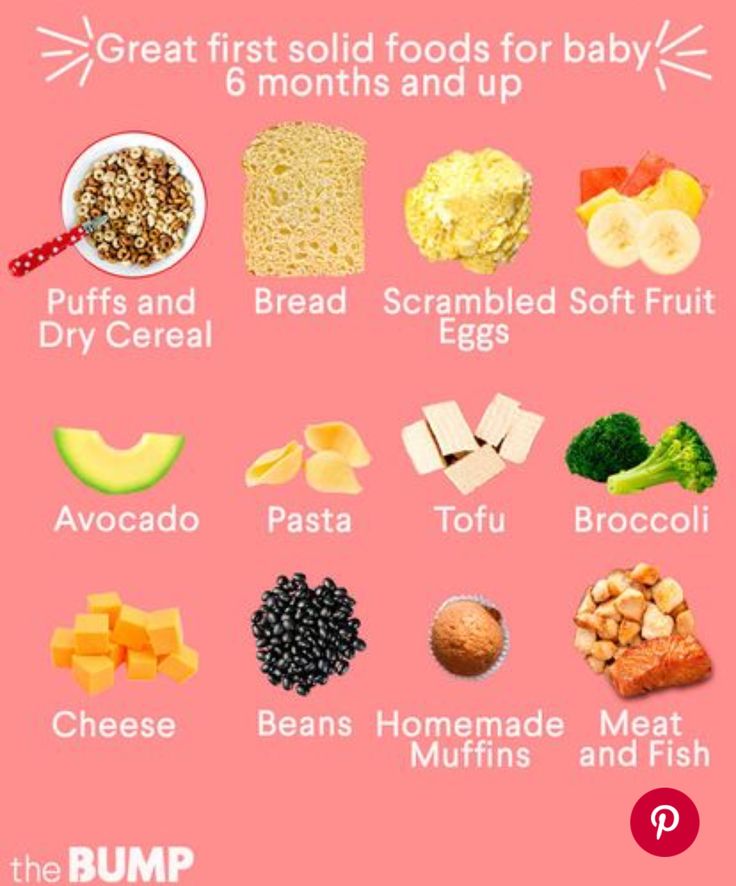 They help form healthy eating habits, develop a diet, nutritional plan, and treatment if a child is not getting enough nutrients from food.
They help form healthy eating habits, develop a diet, nutritional plan, and treatment if a child is not getting enough nutrients from food.
The work of a clinical nutritionist includes:
- Nutritional assessment
- Nutrition advice for health and wellness
- Nutrition modification for certain diseases (heart disease, arterial hypertension, dyslipidemia, diabetes mellitus, celiac disease, cirrhosis, Crohn's disease and other gastrointestinal diseases, HIV / AIDS, COPD, cystic fibrosis, kidney disease, eating disorders)
- Swallowing and feeding problems in children and infants
- Malnutrition and dysplasia
- Weight control
- Women's health: pregnancy, breastfeeding, osteoporosis, anemia
- Nutritional support: oral, enteral and parenteral nutrition
Find a Dietitian
Most health care dietitians are registered dietitians or certified dietitian nutritionists. They received special education and training in nutrition and patient care.